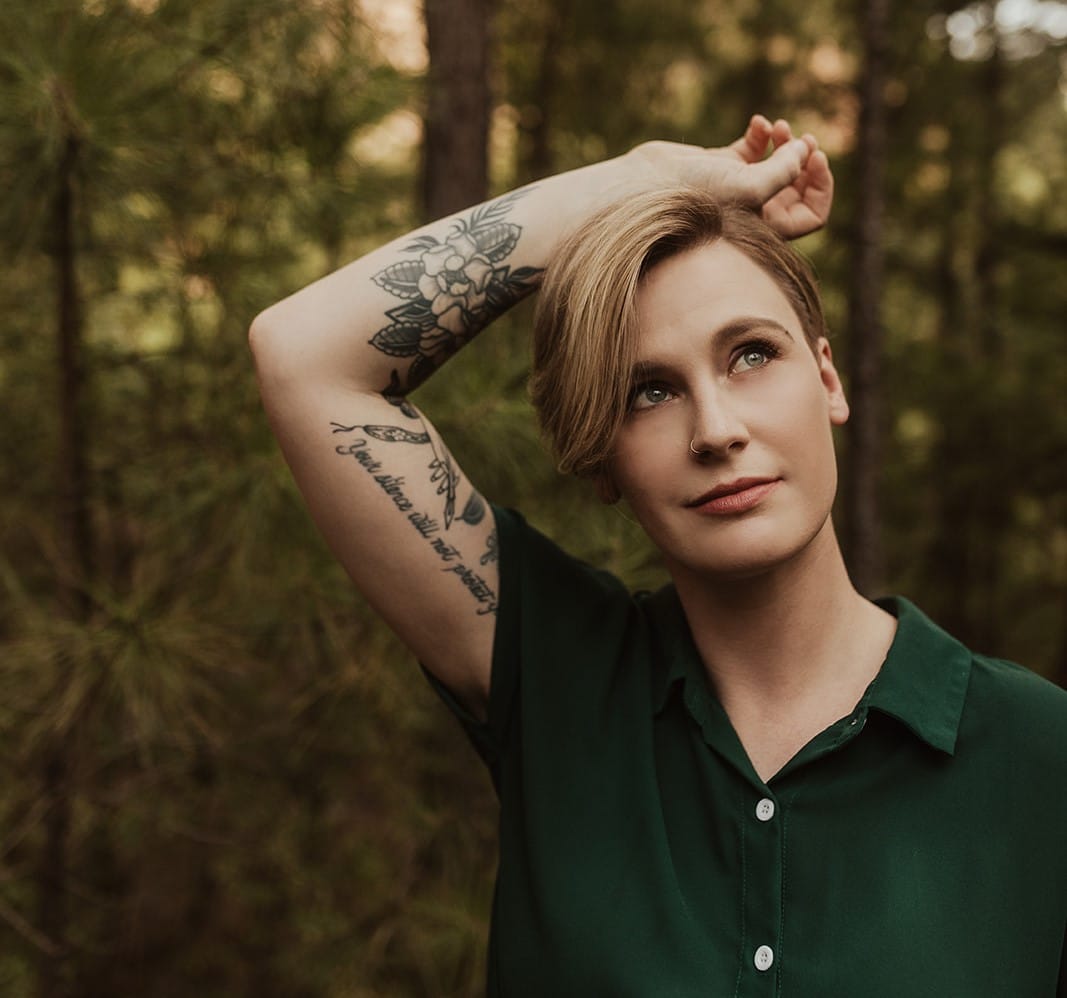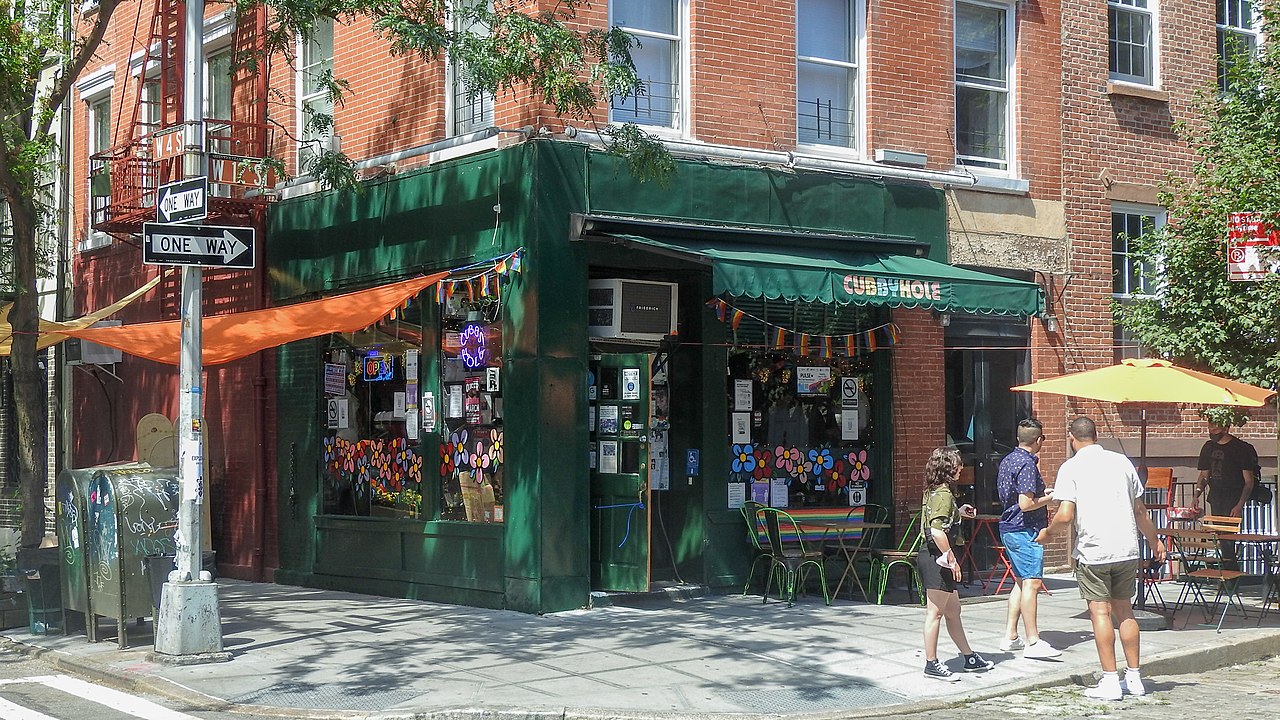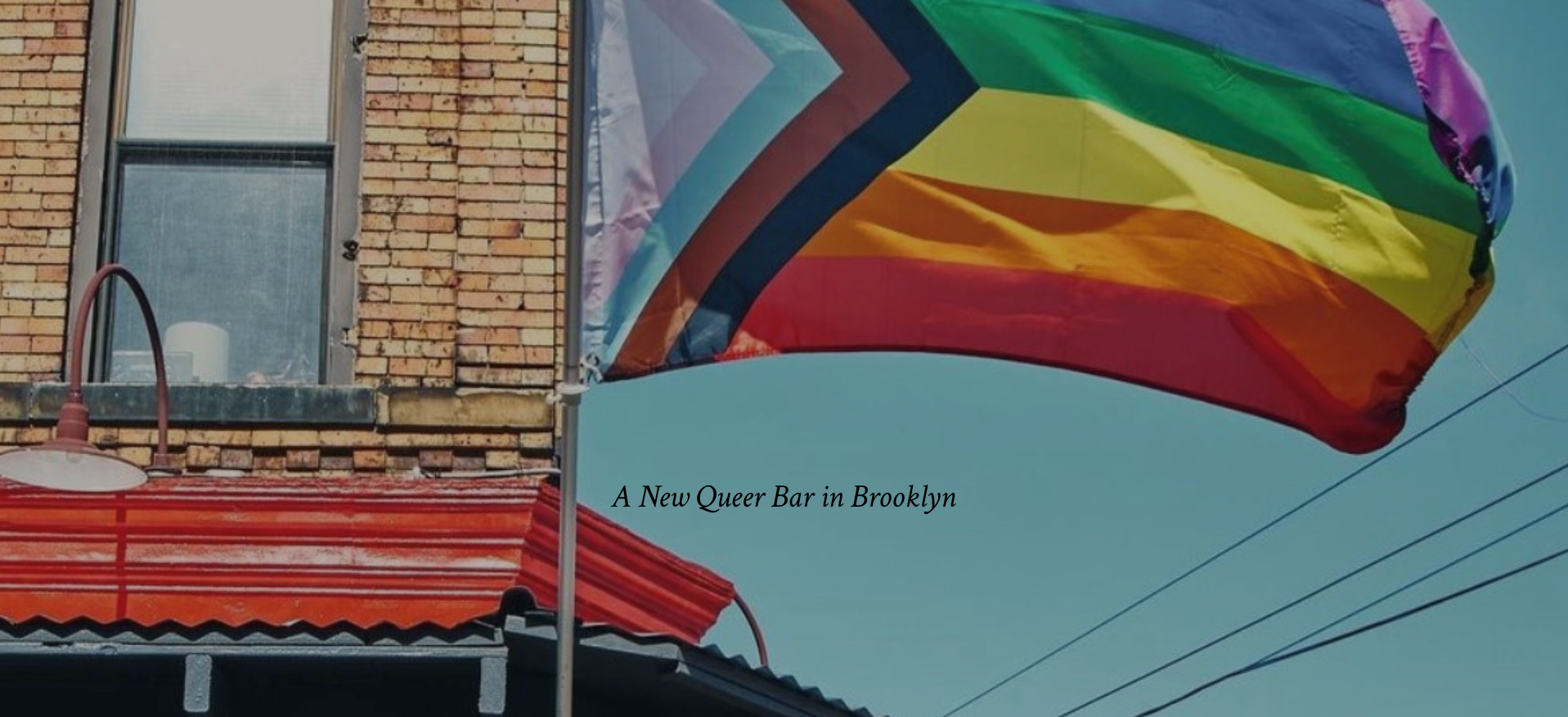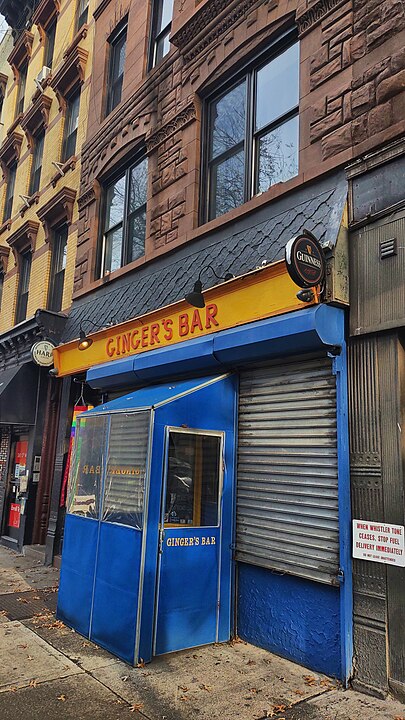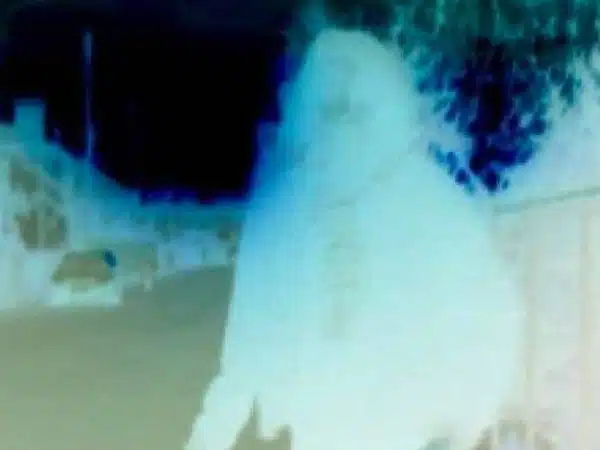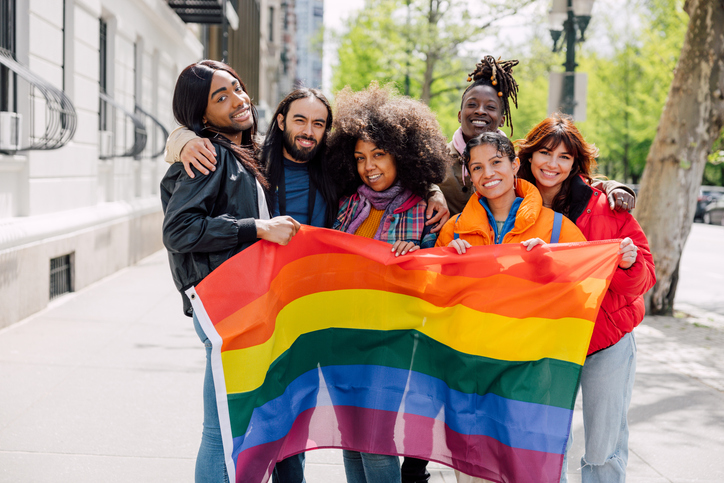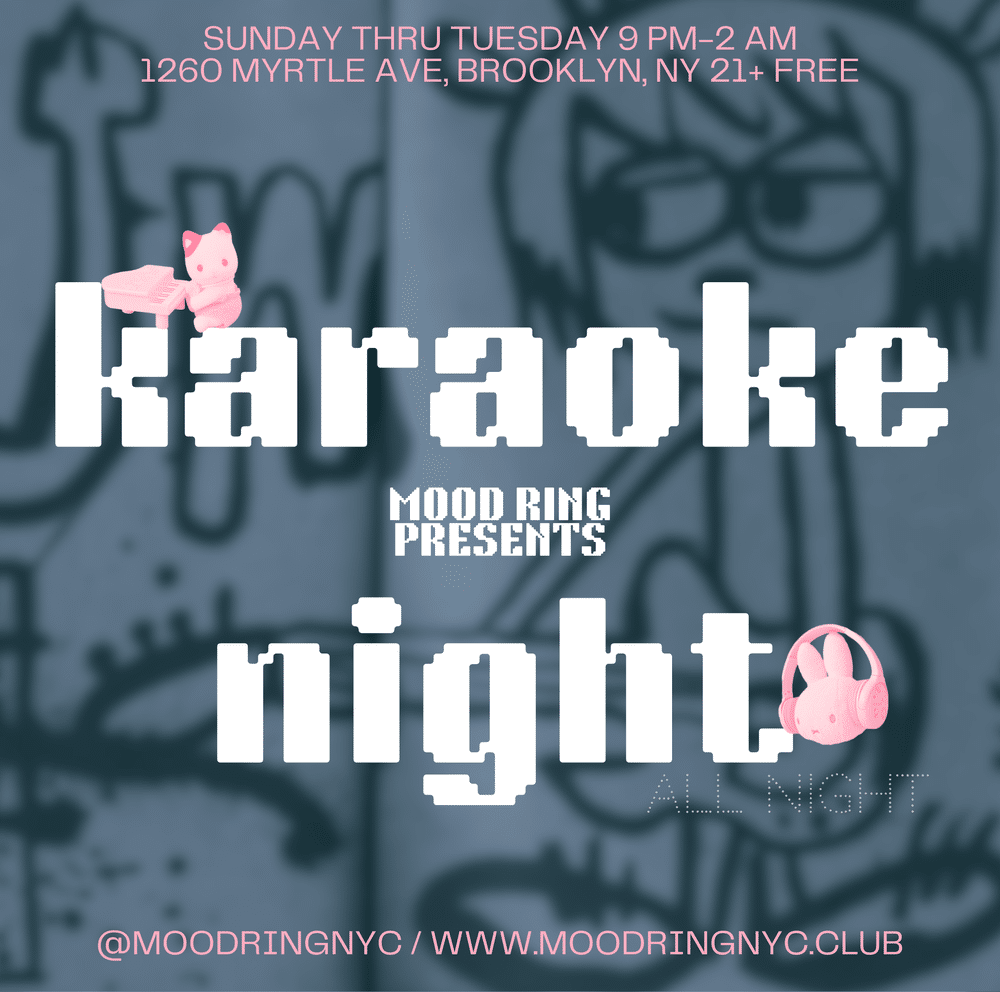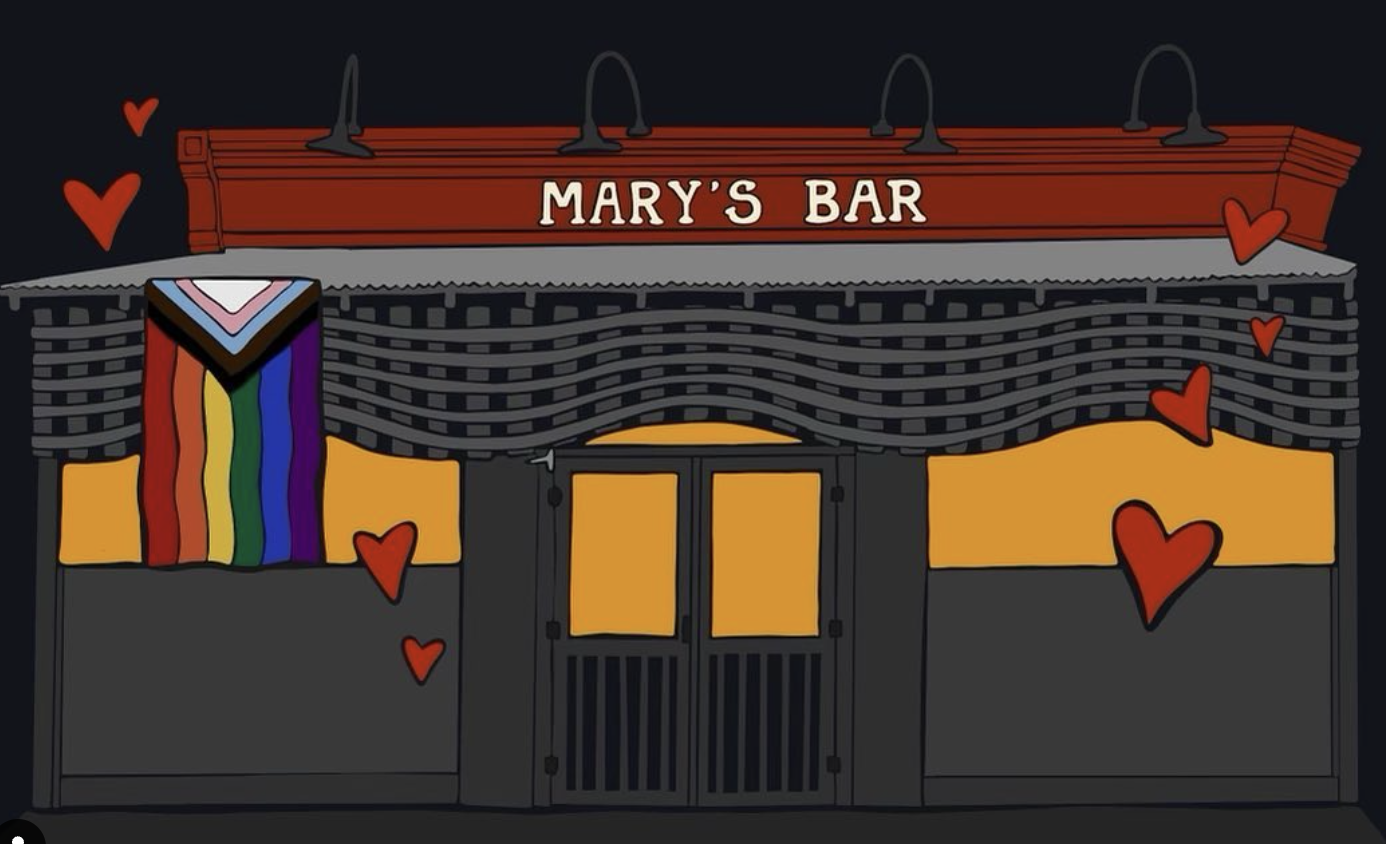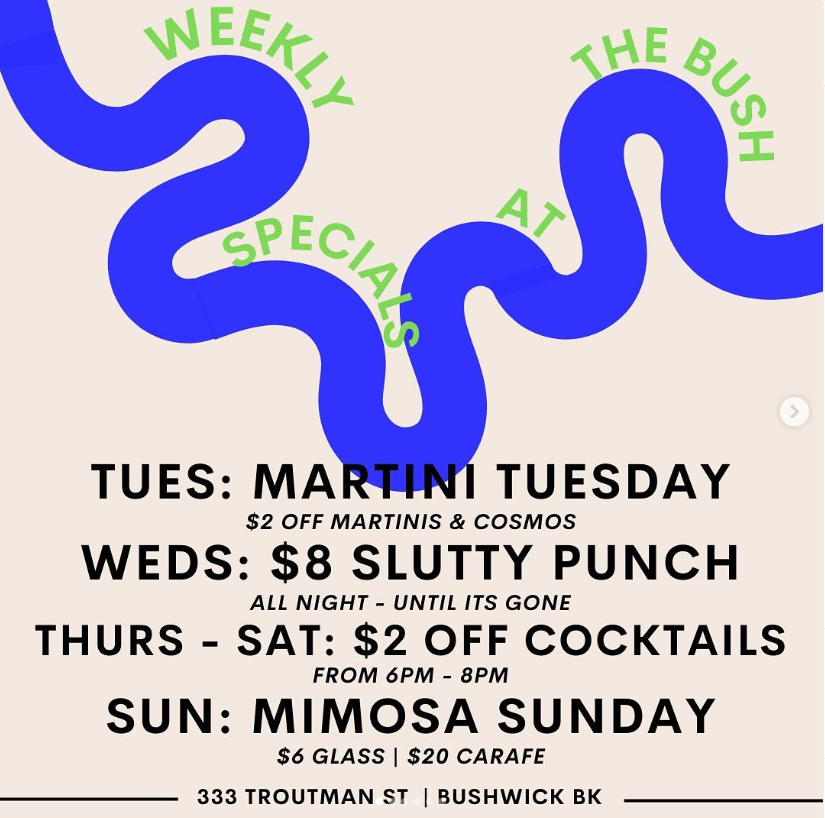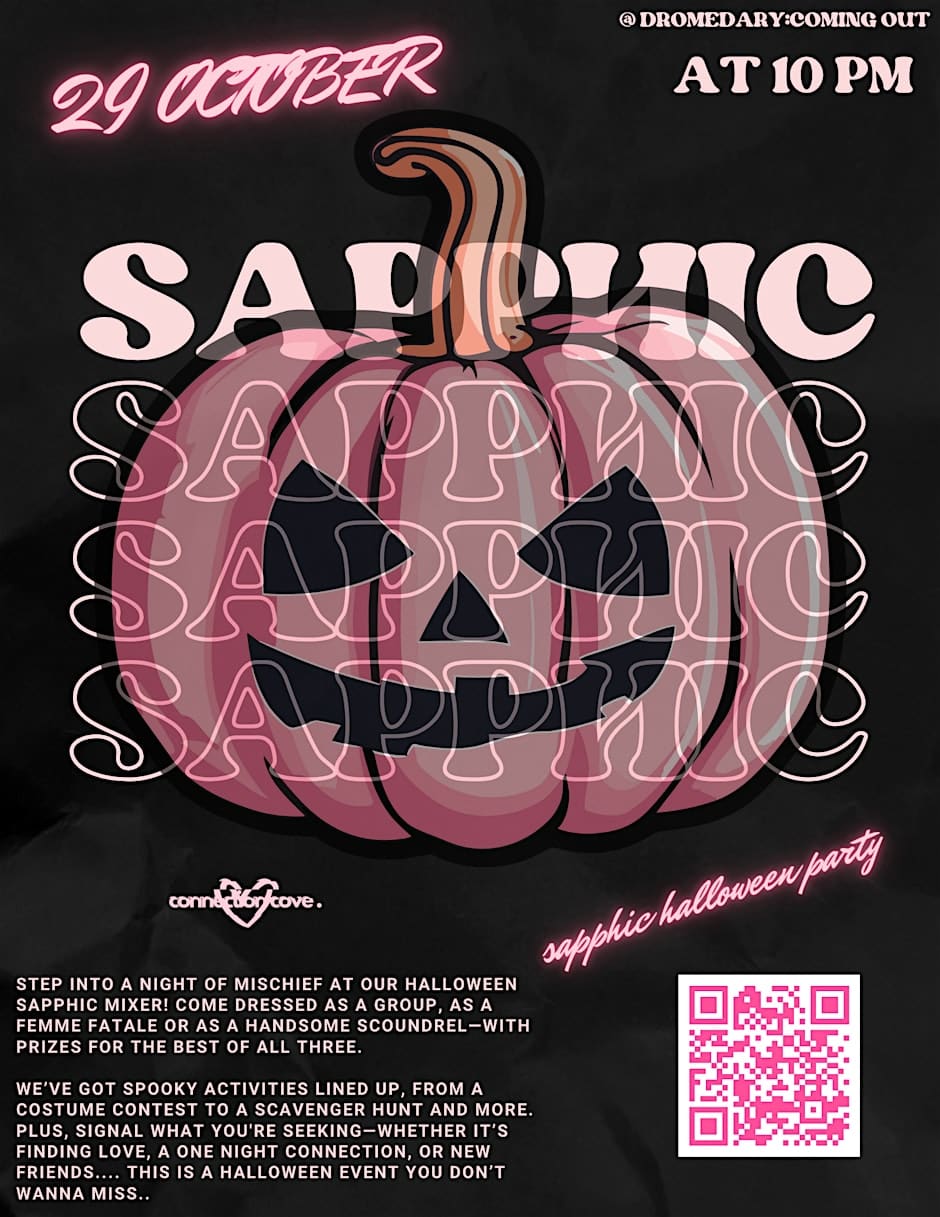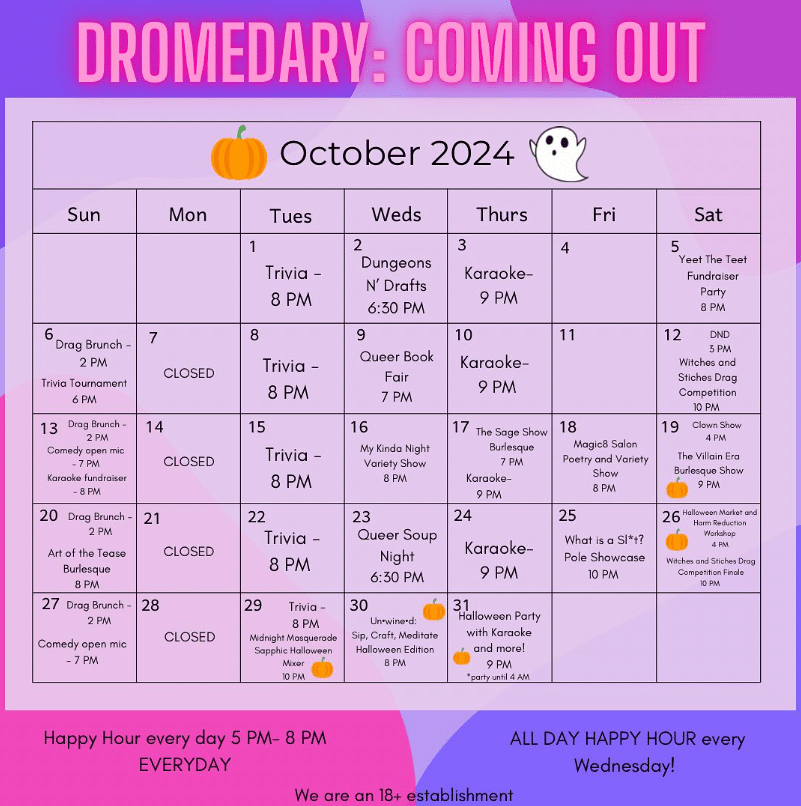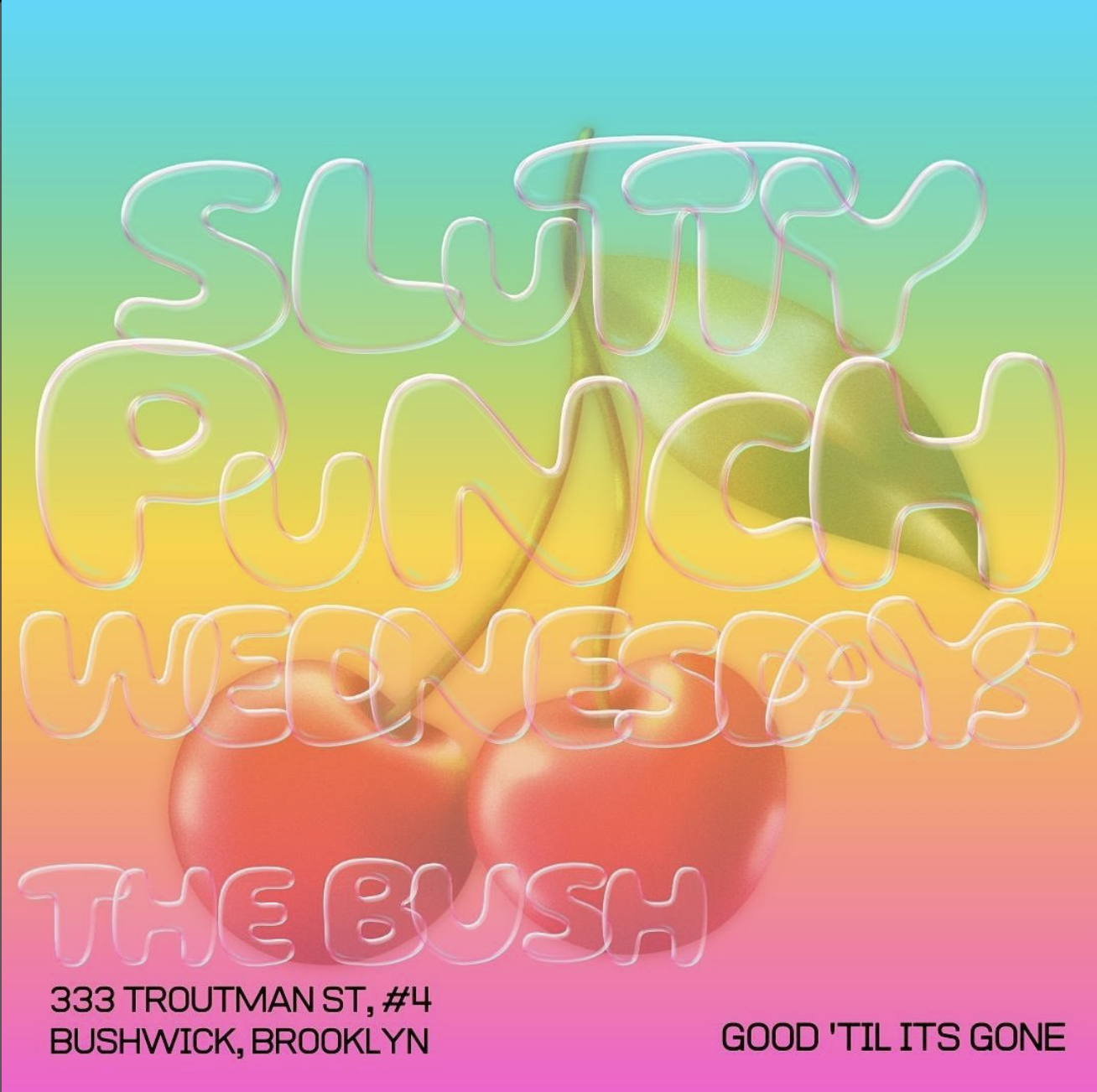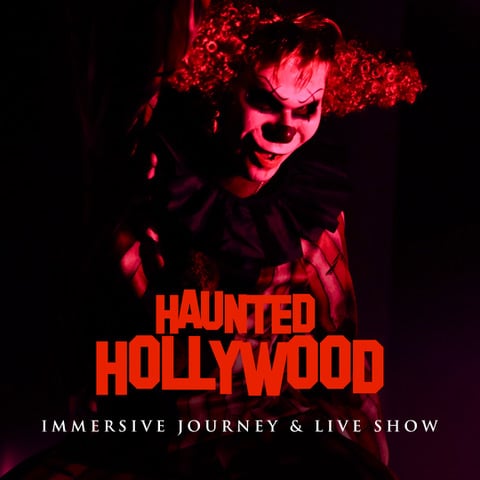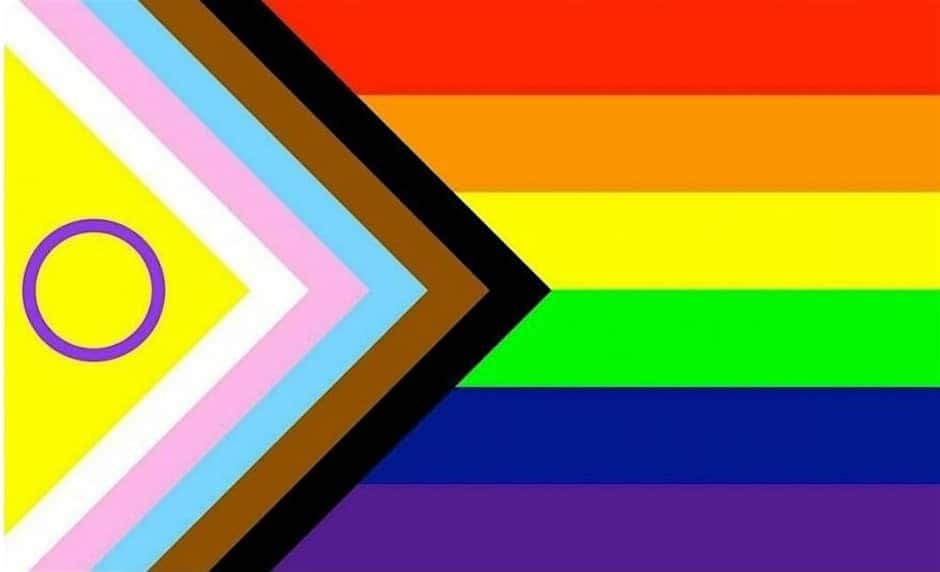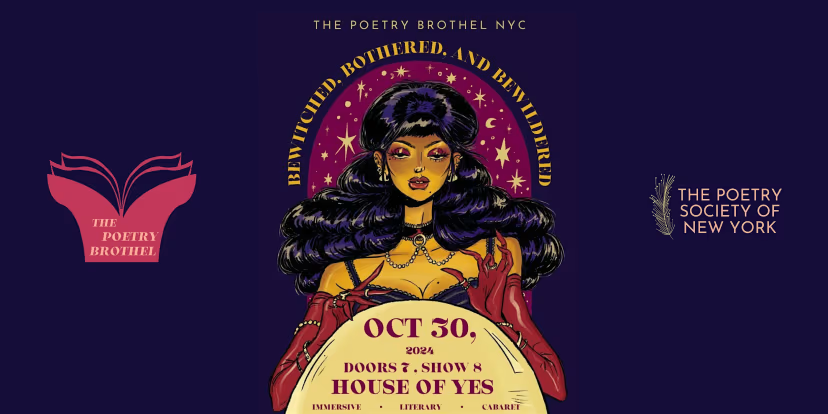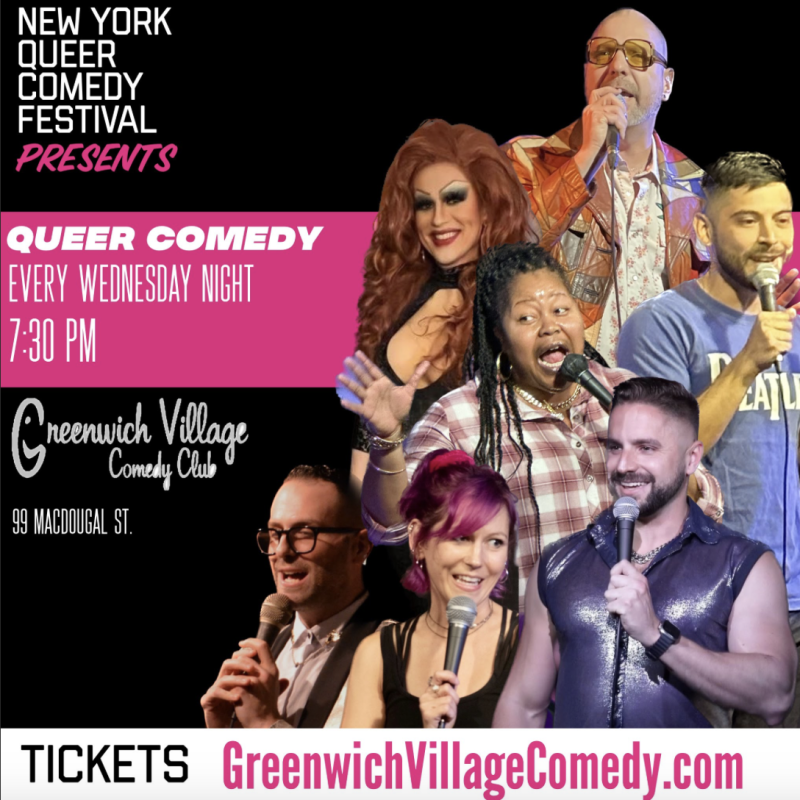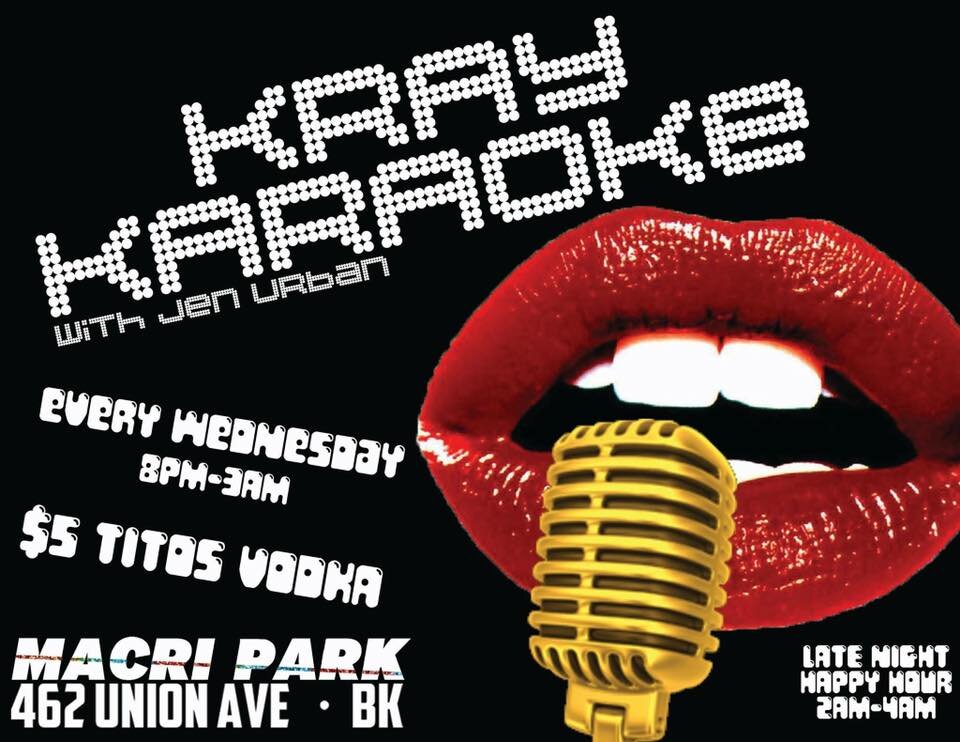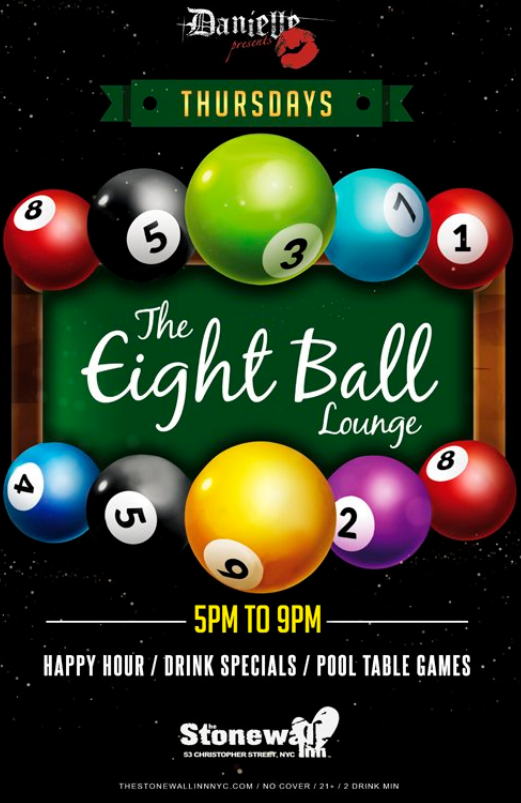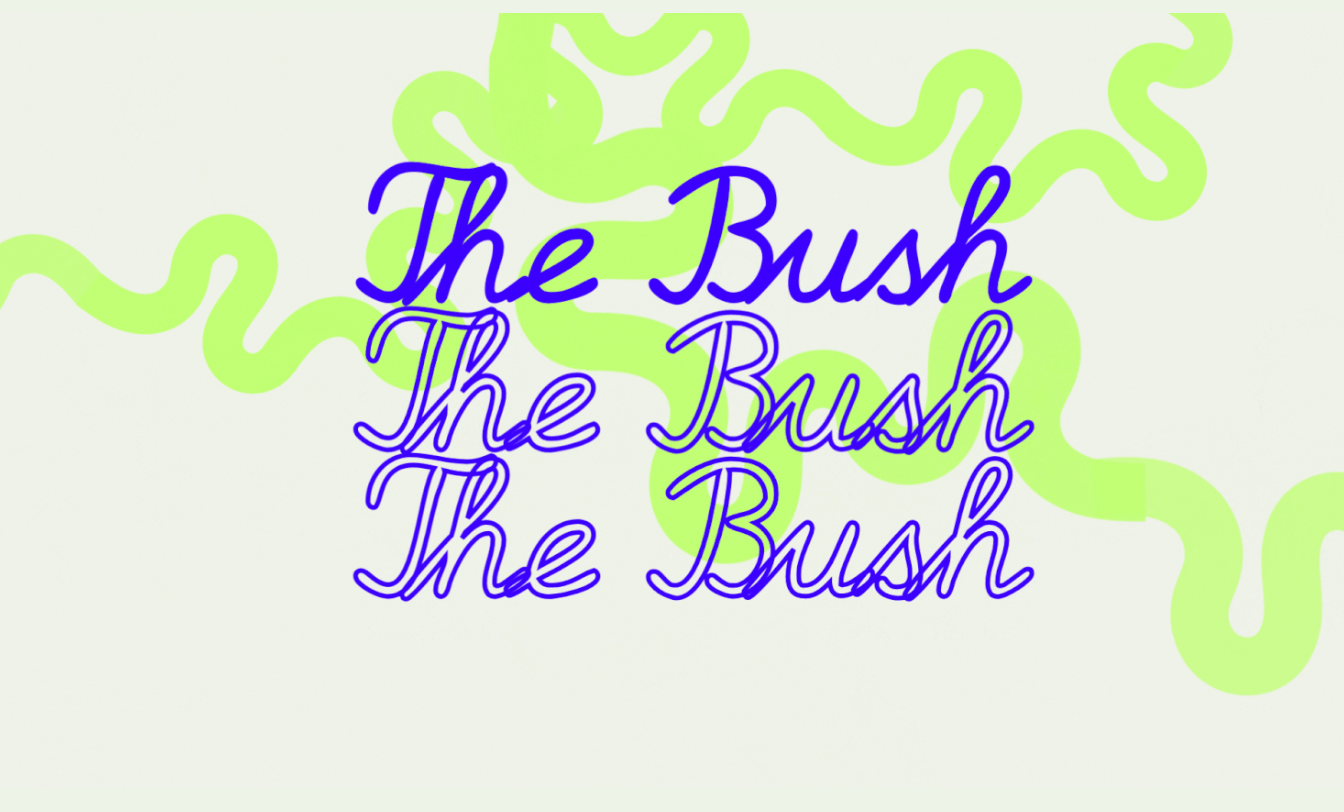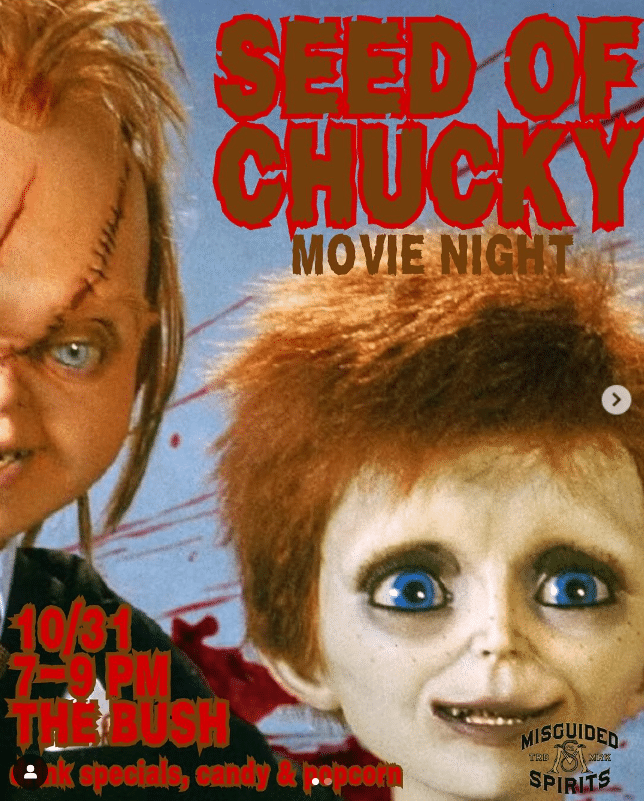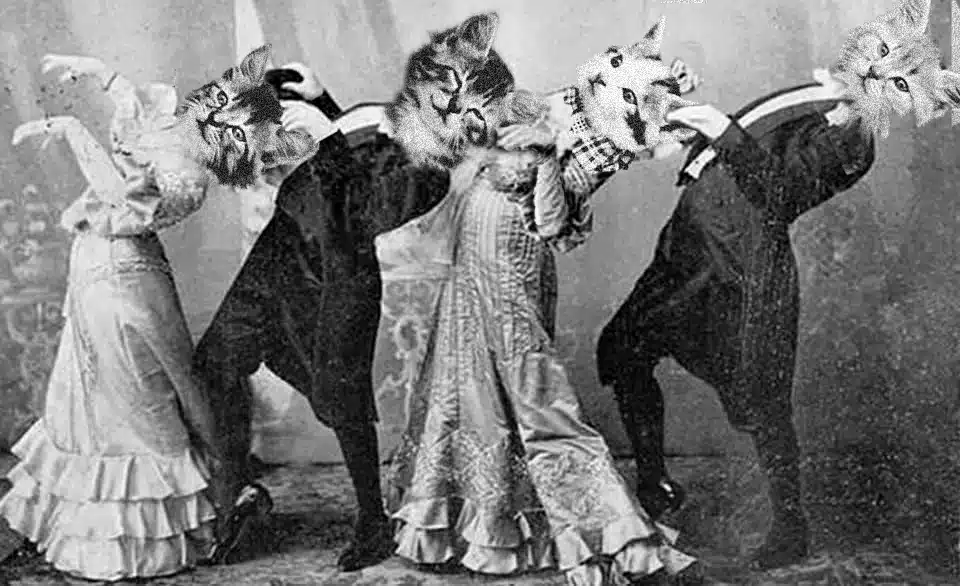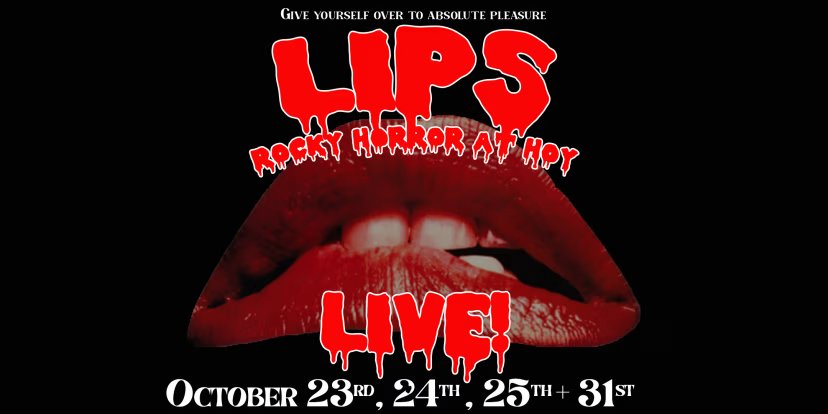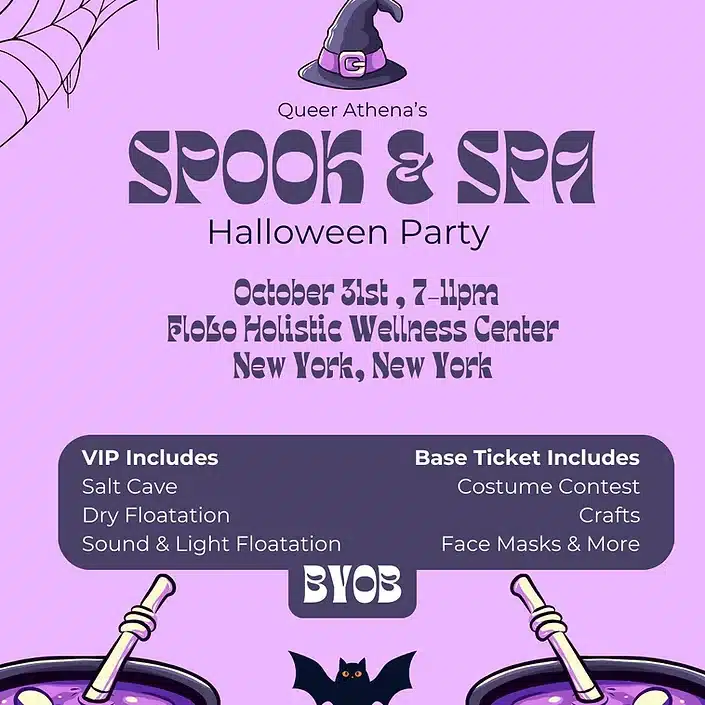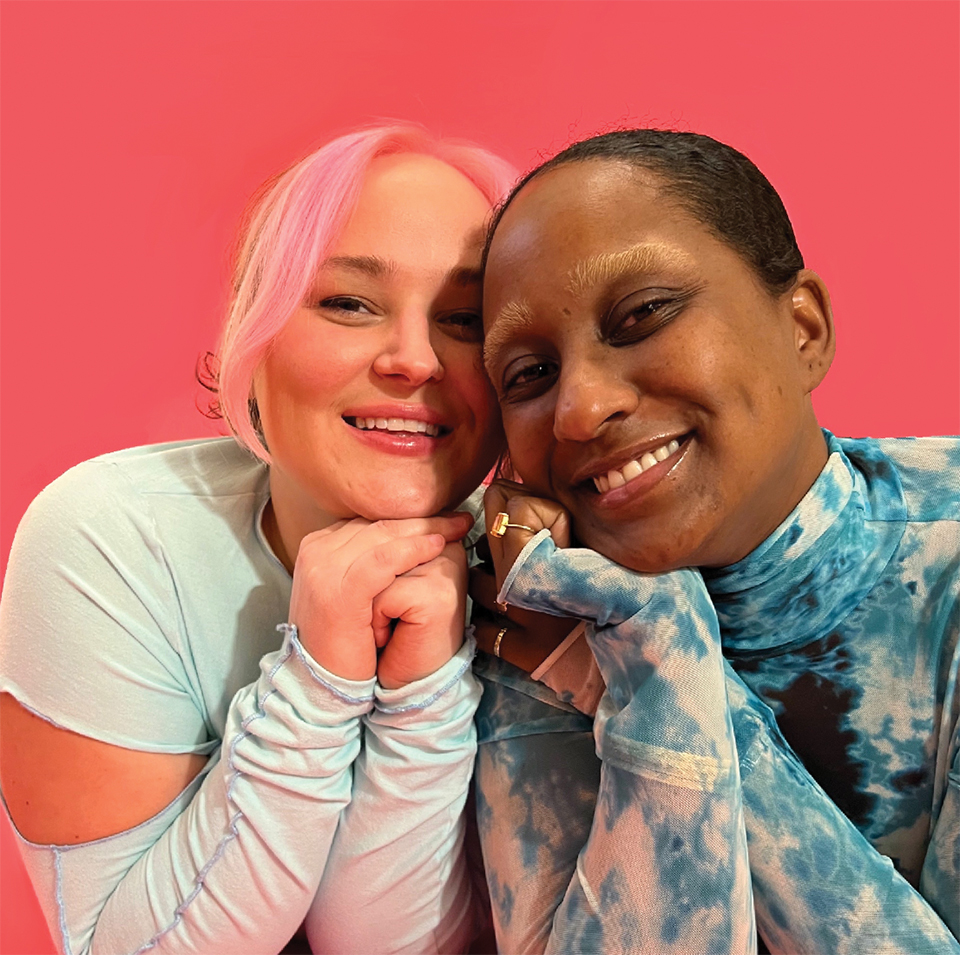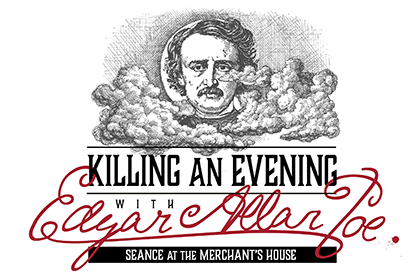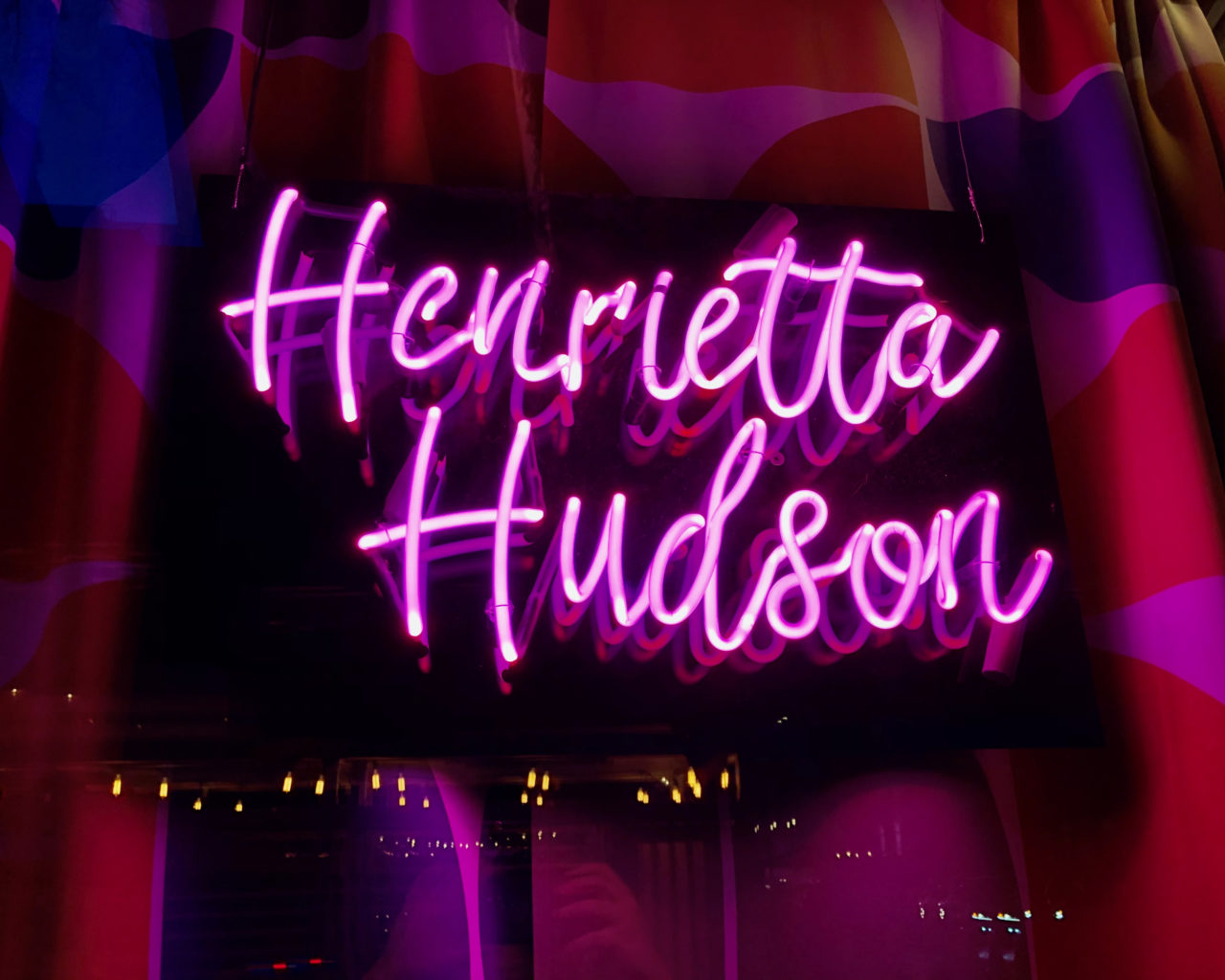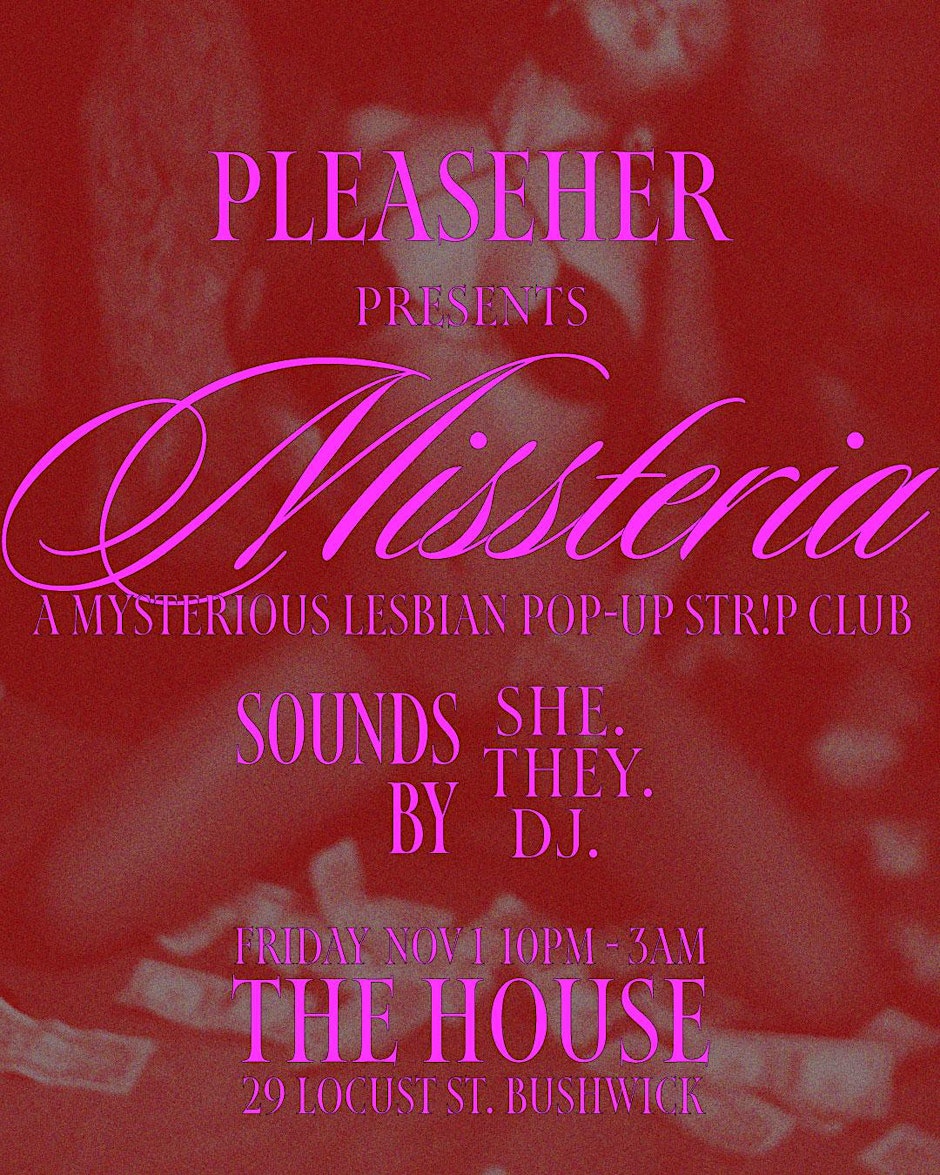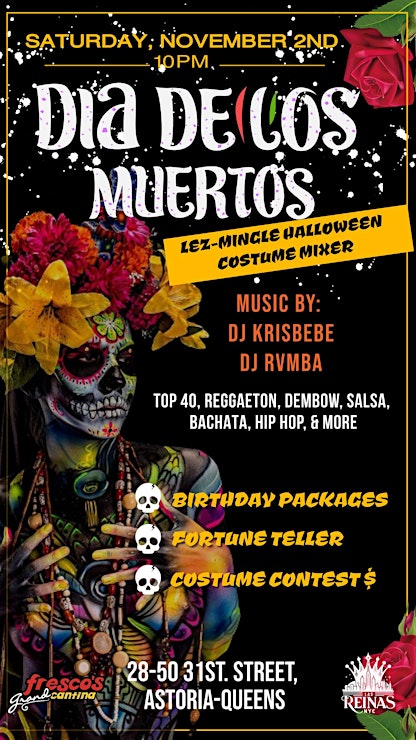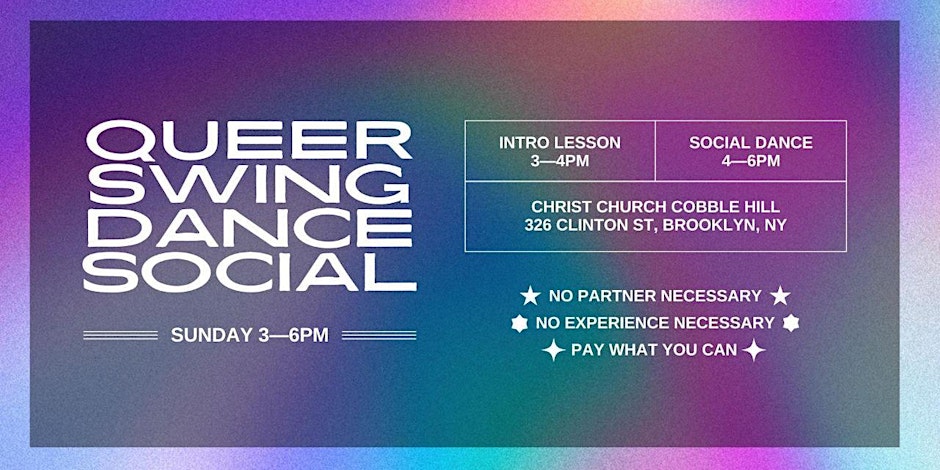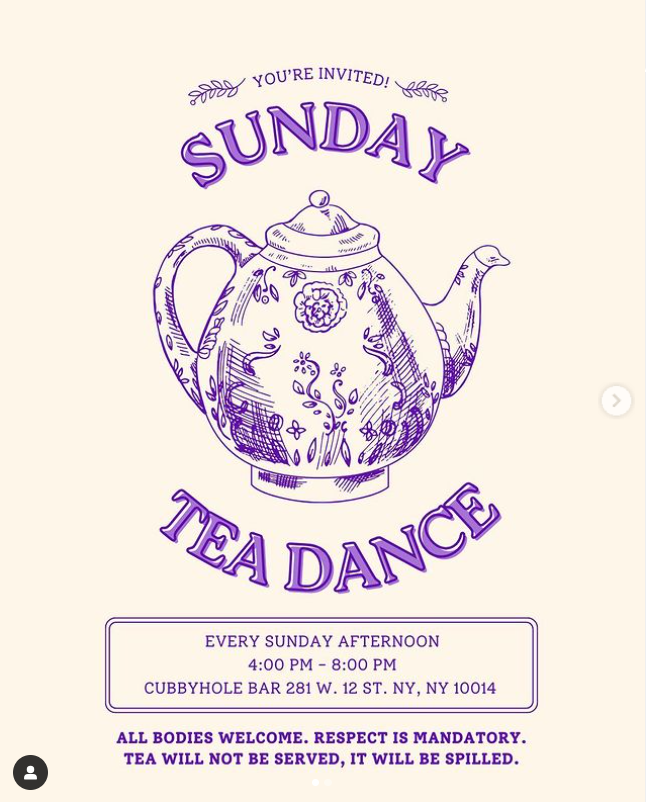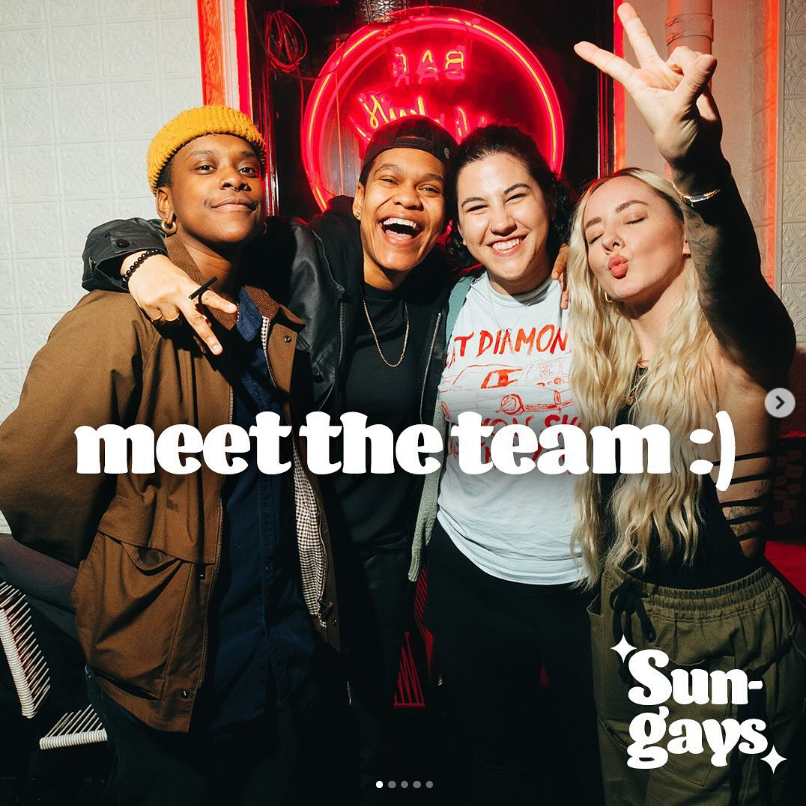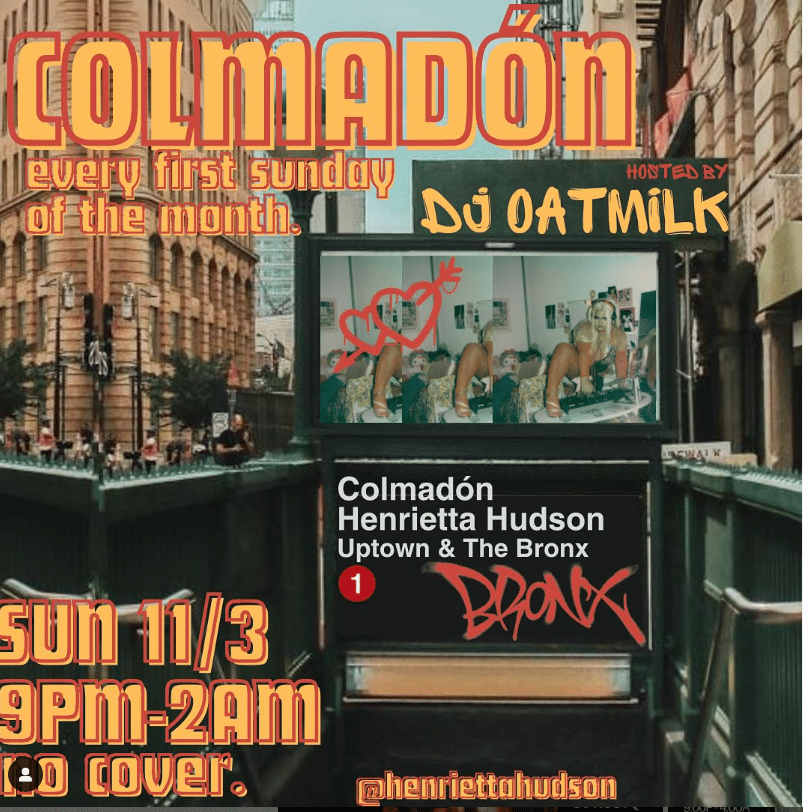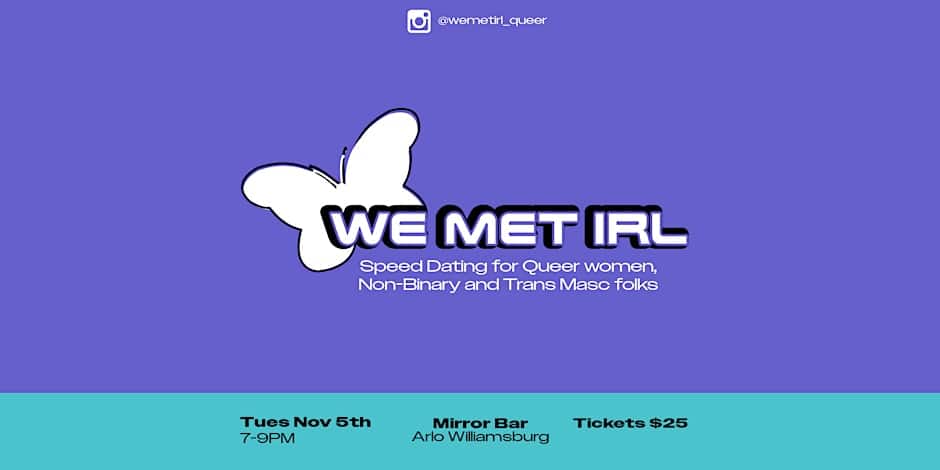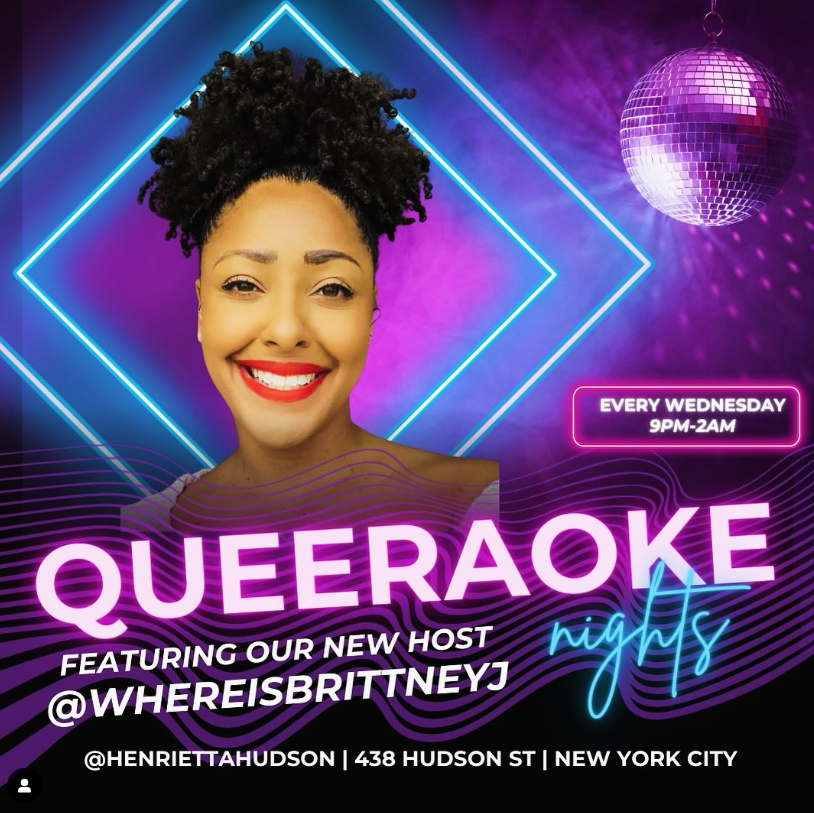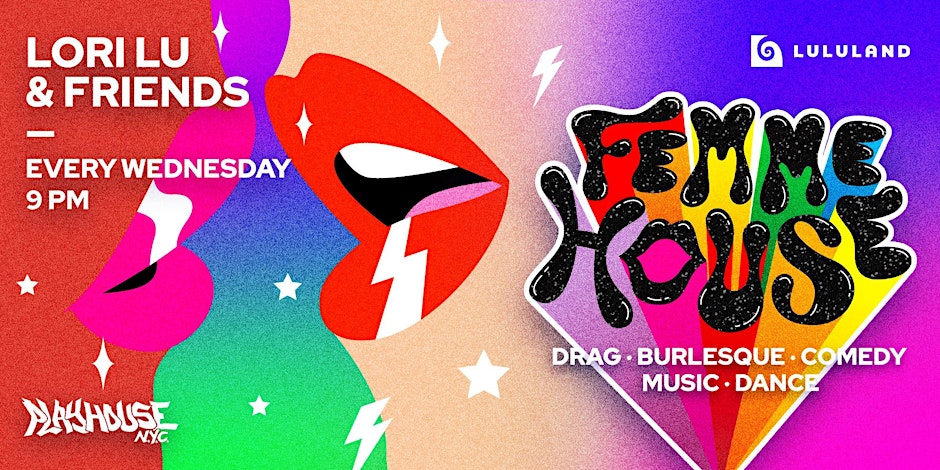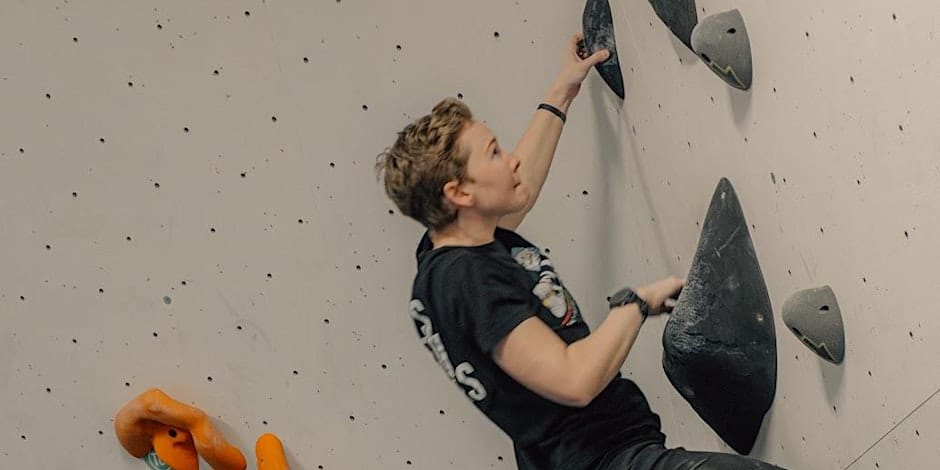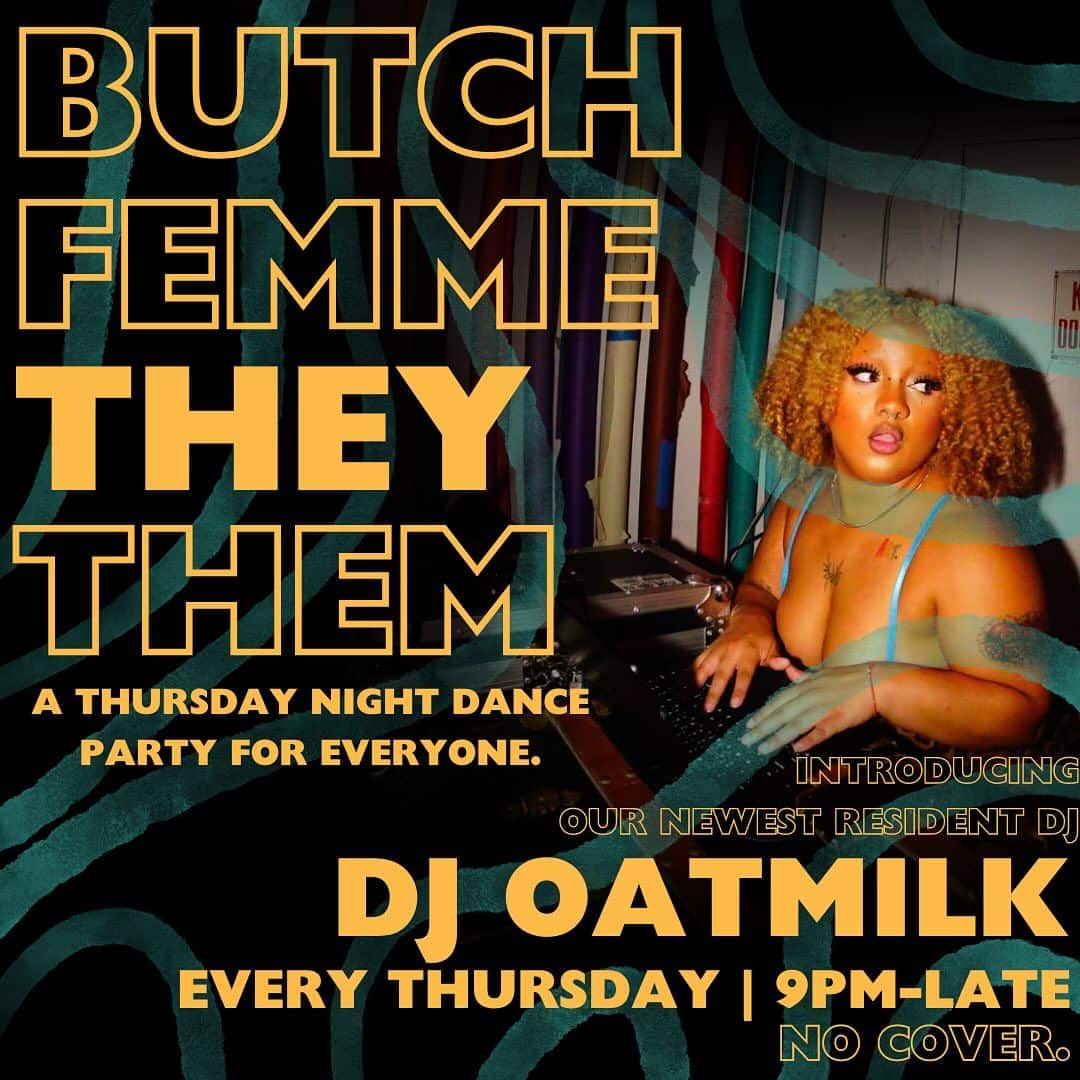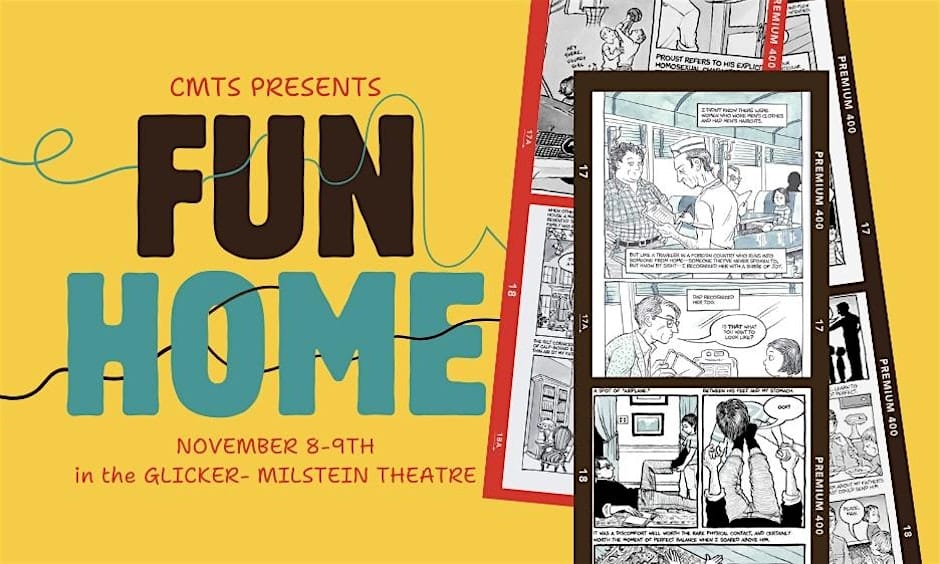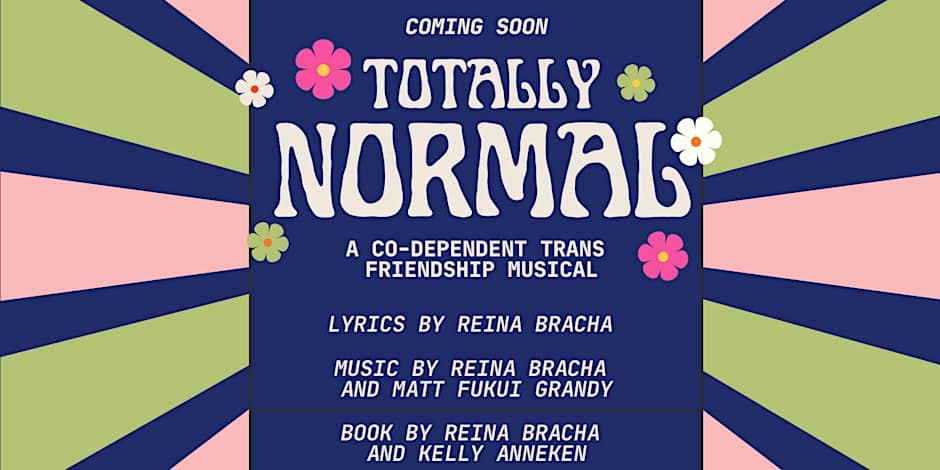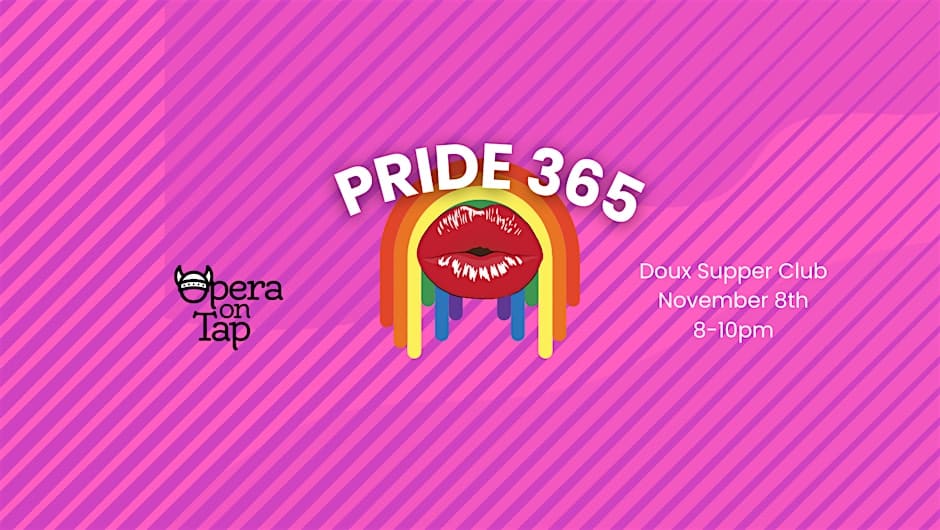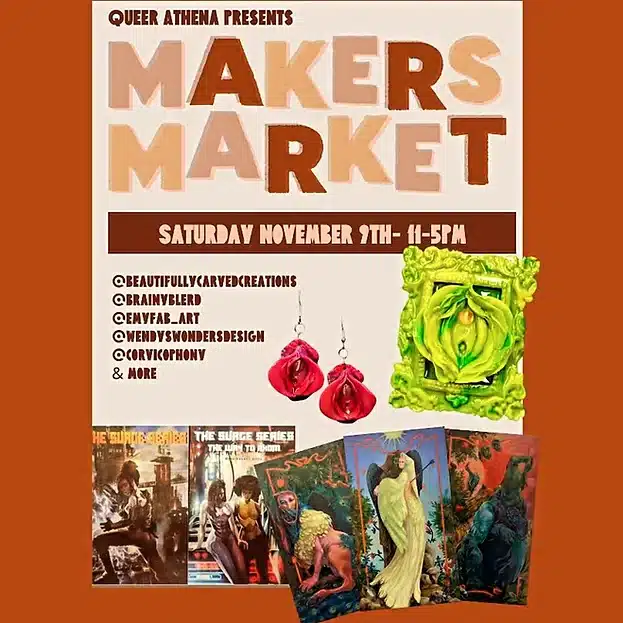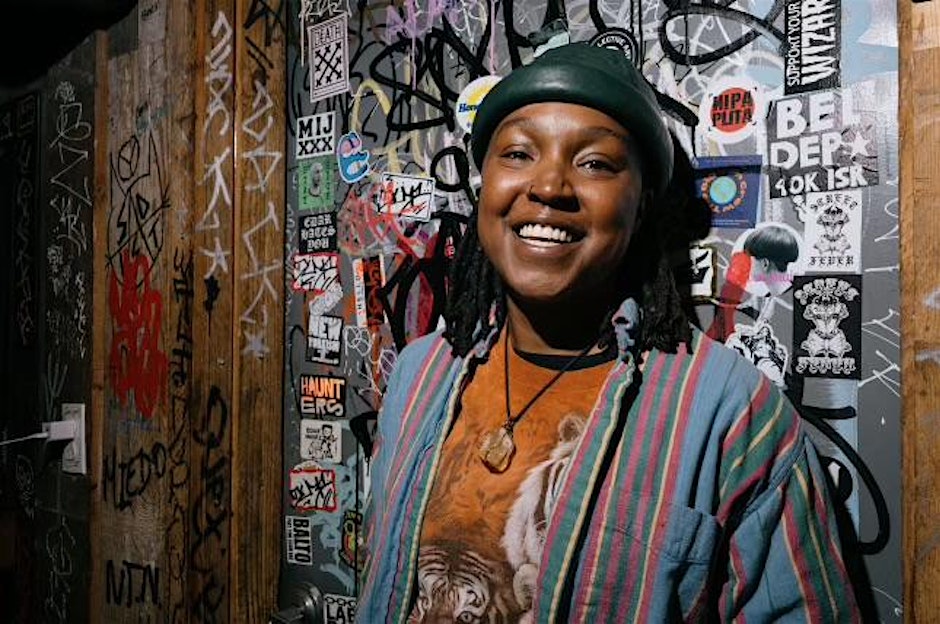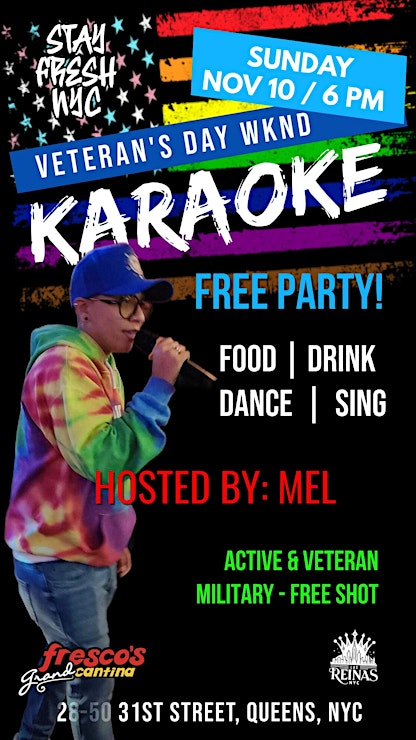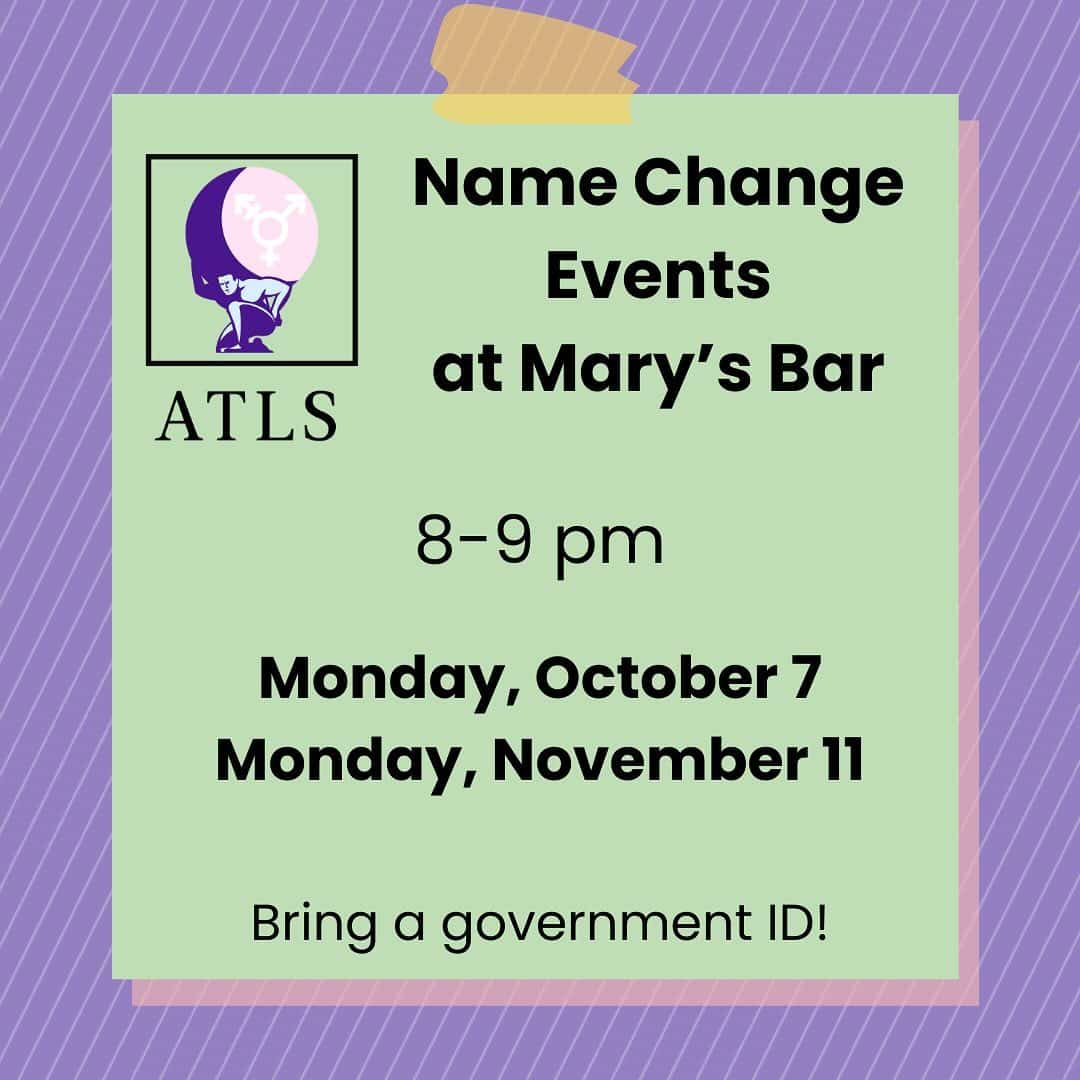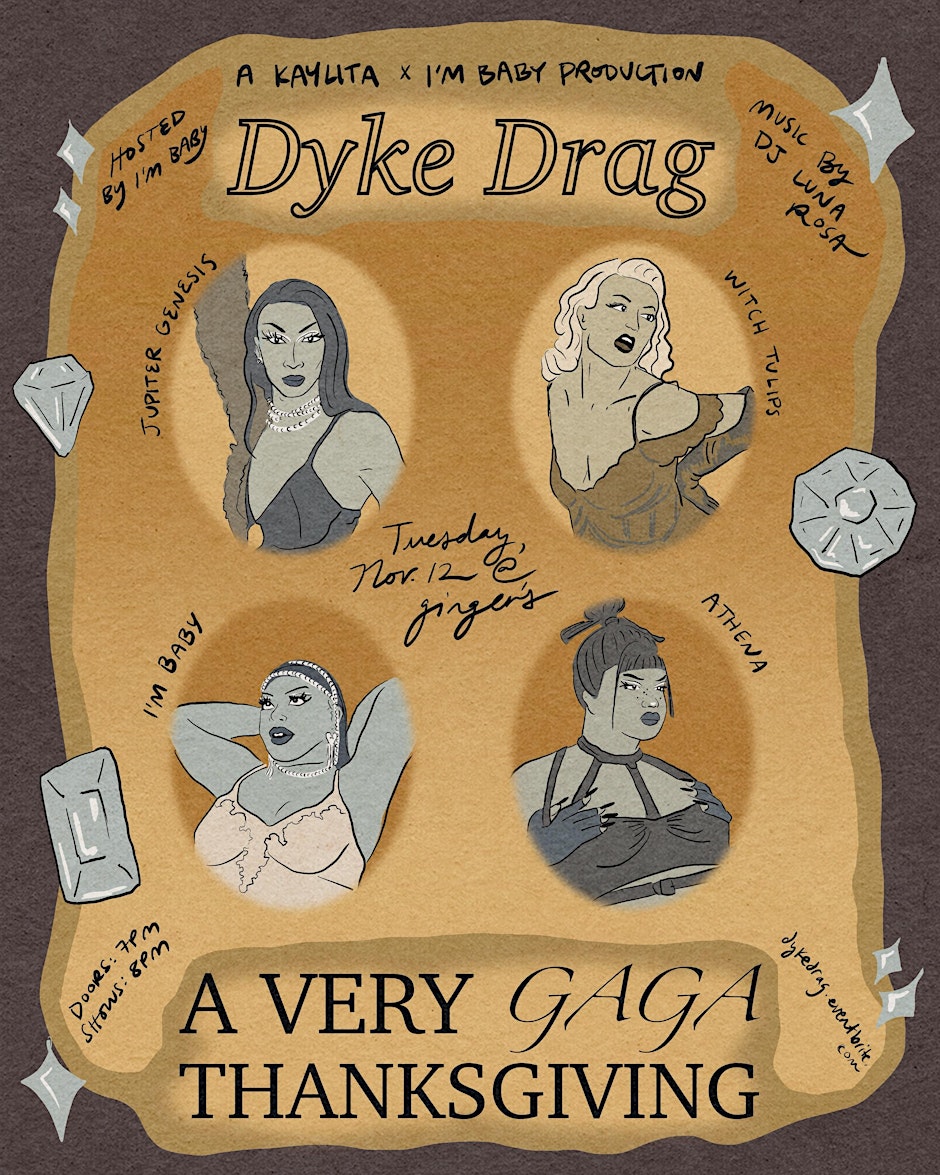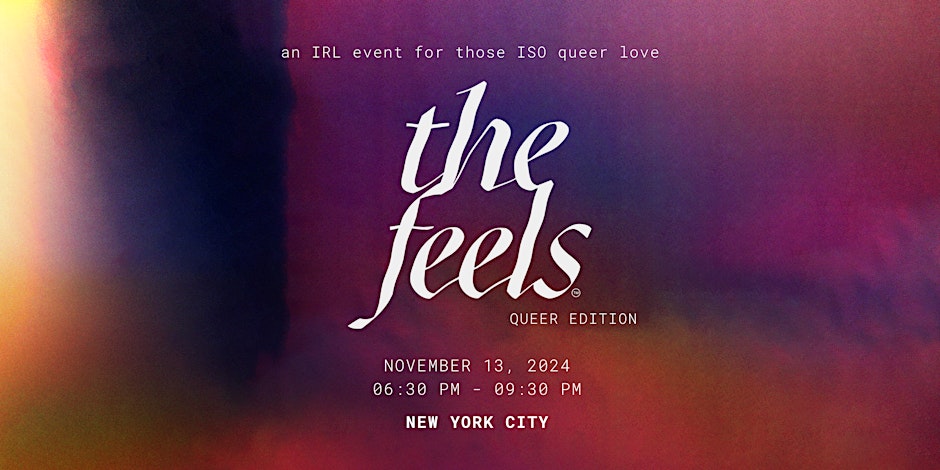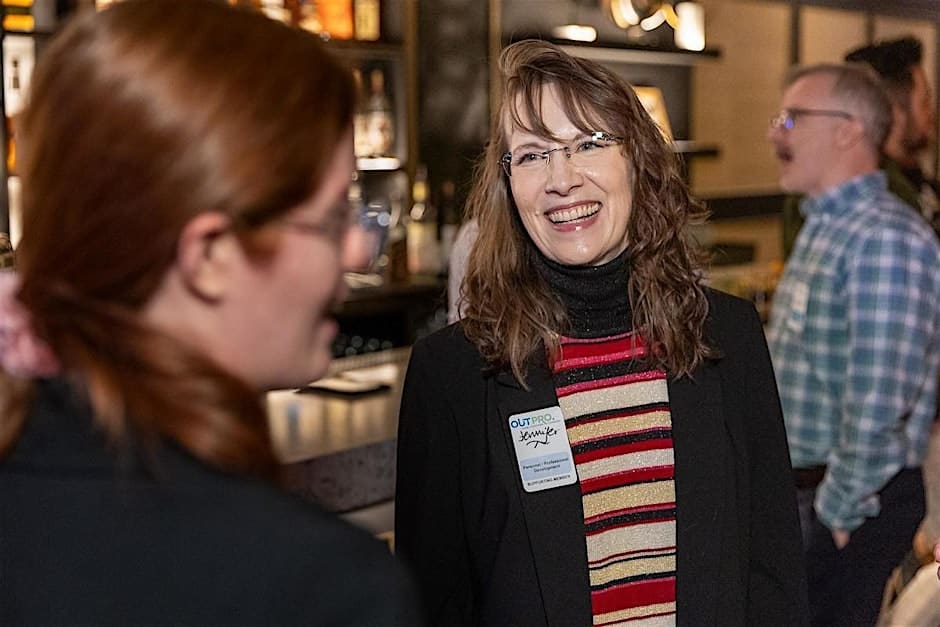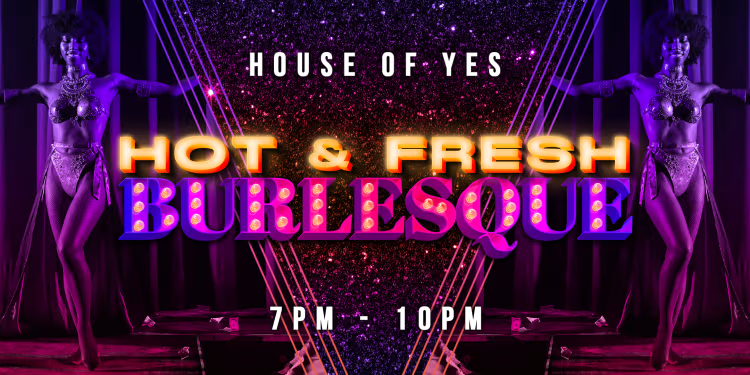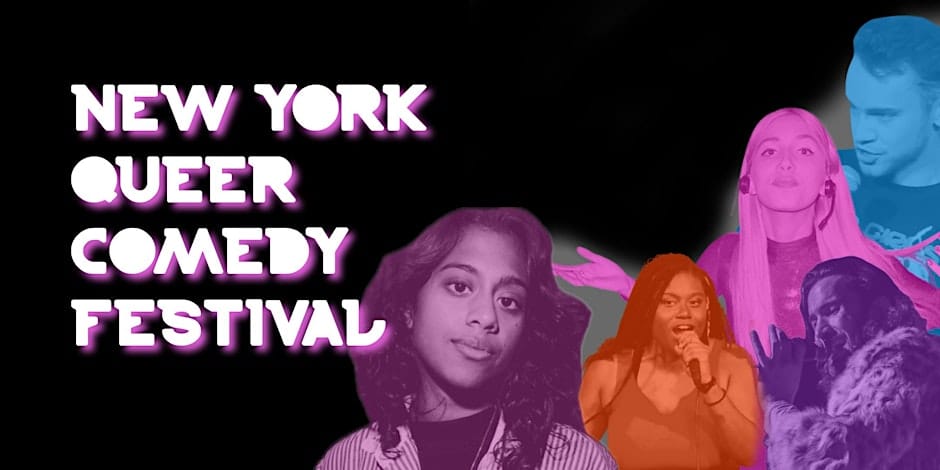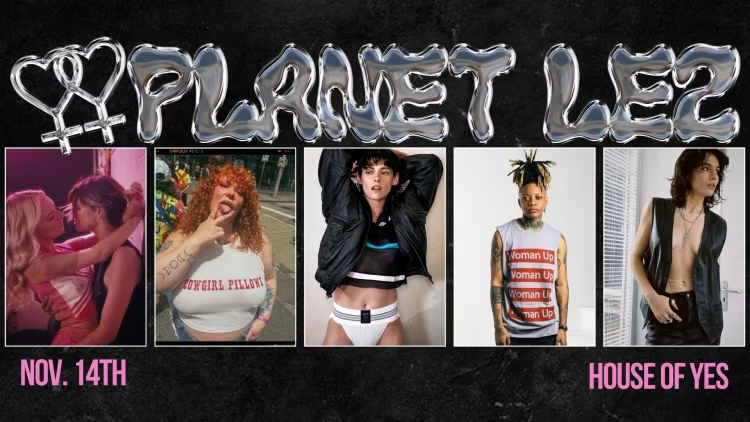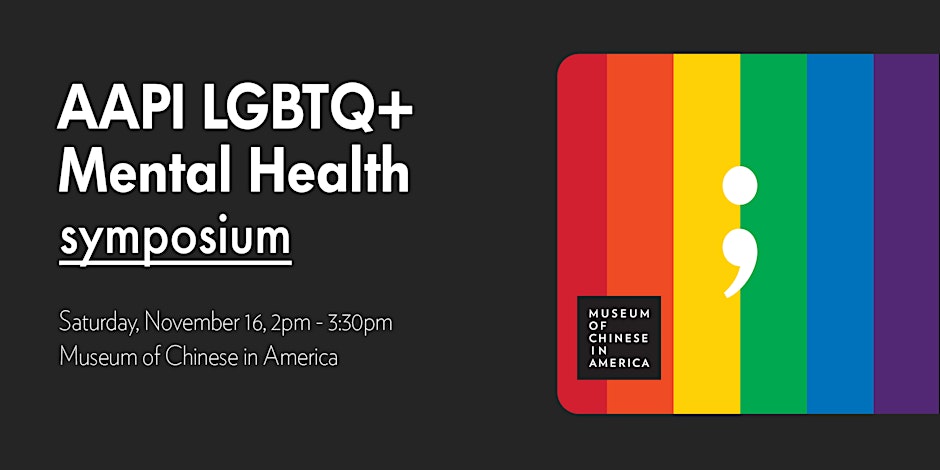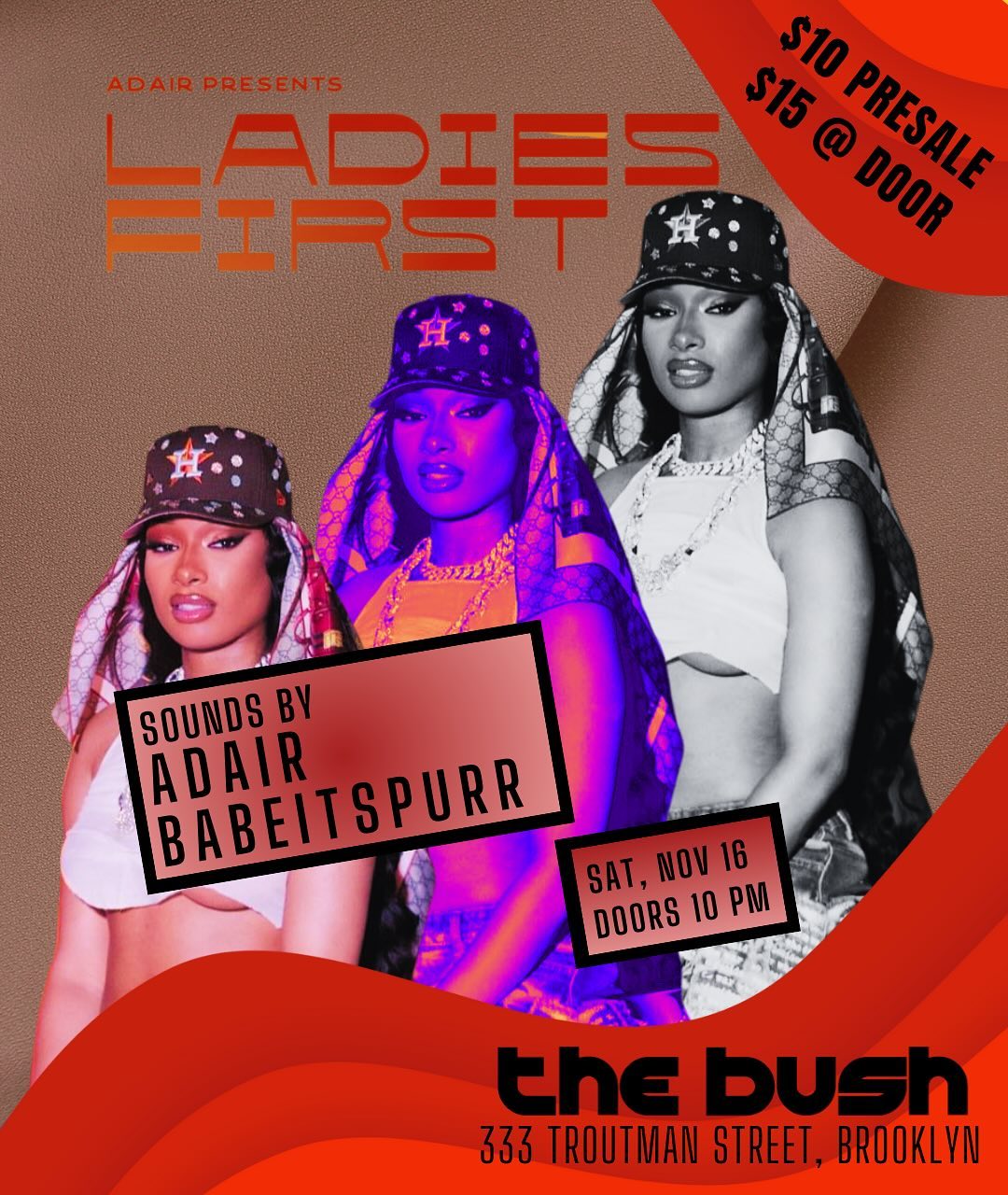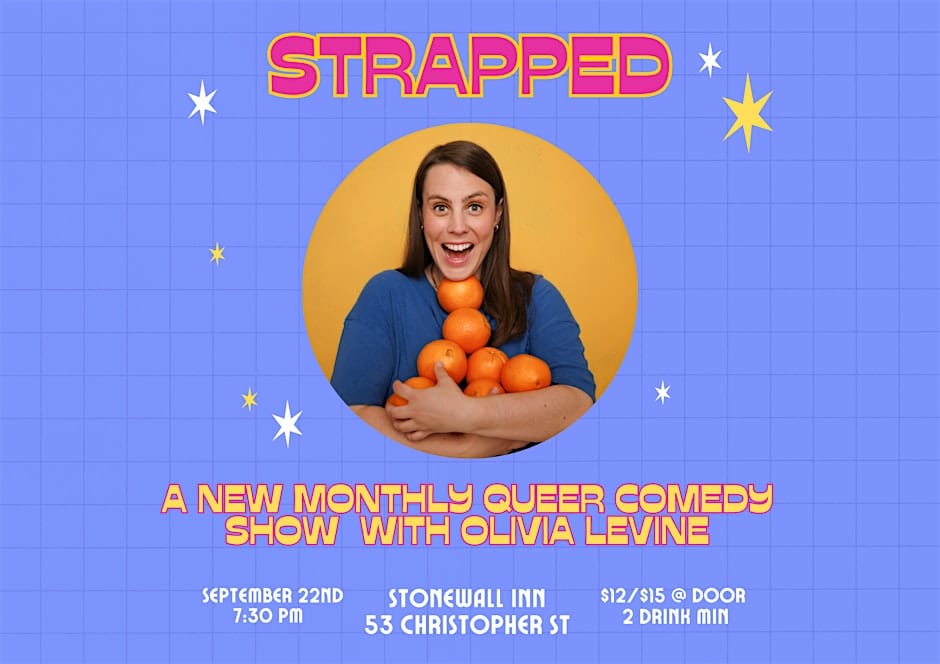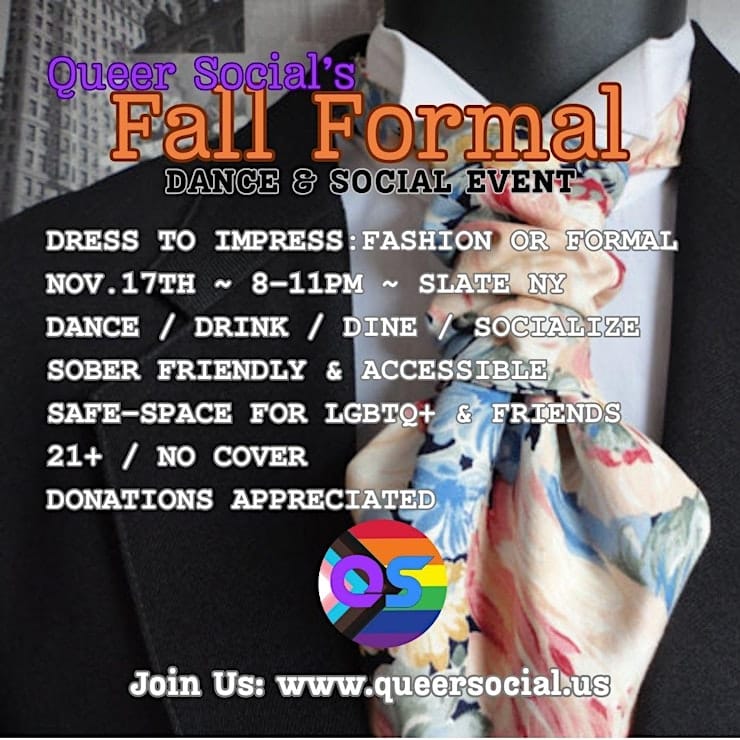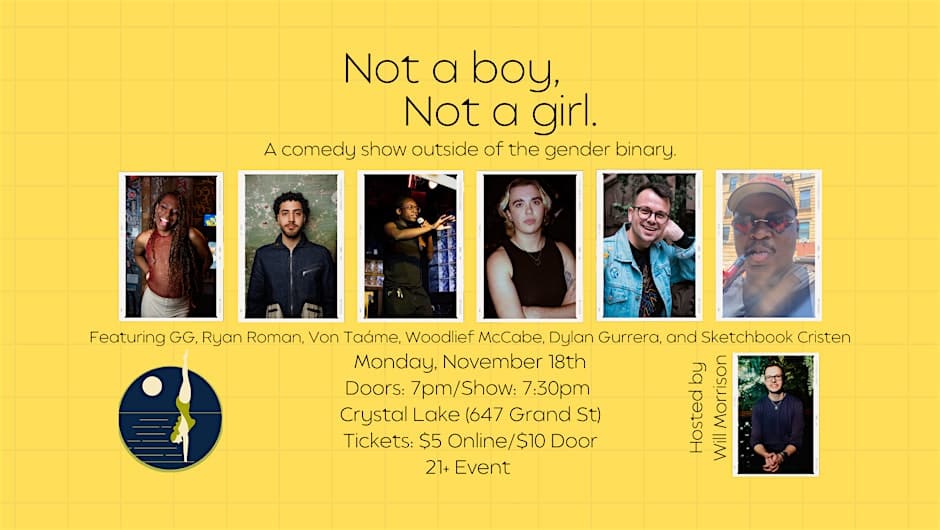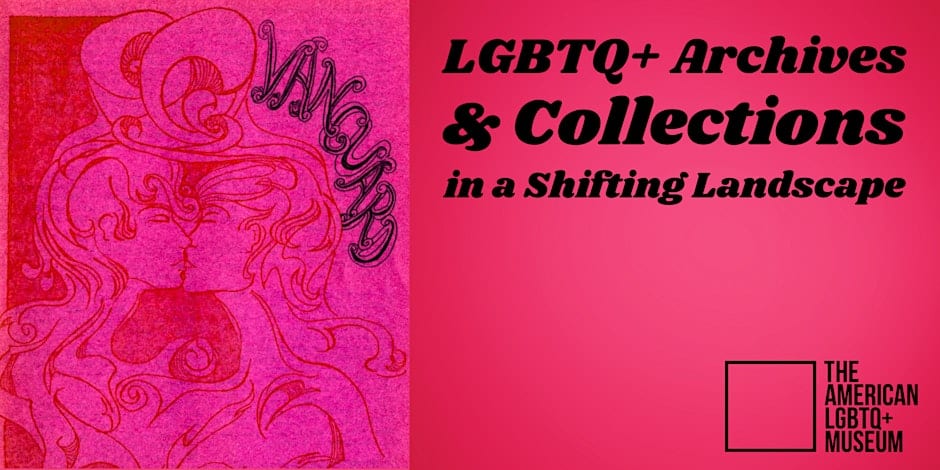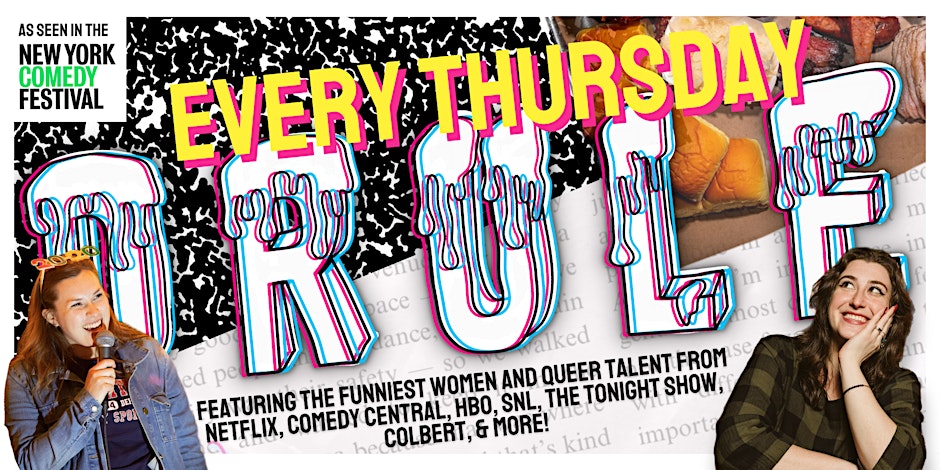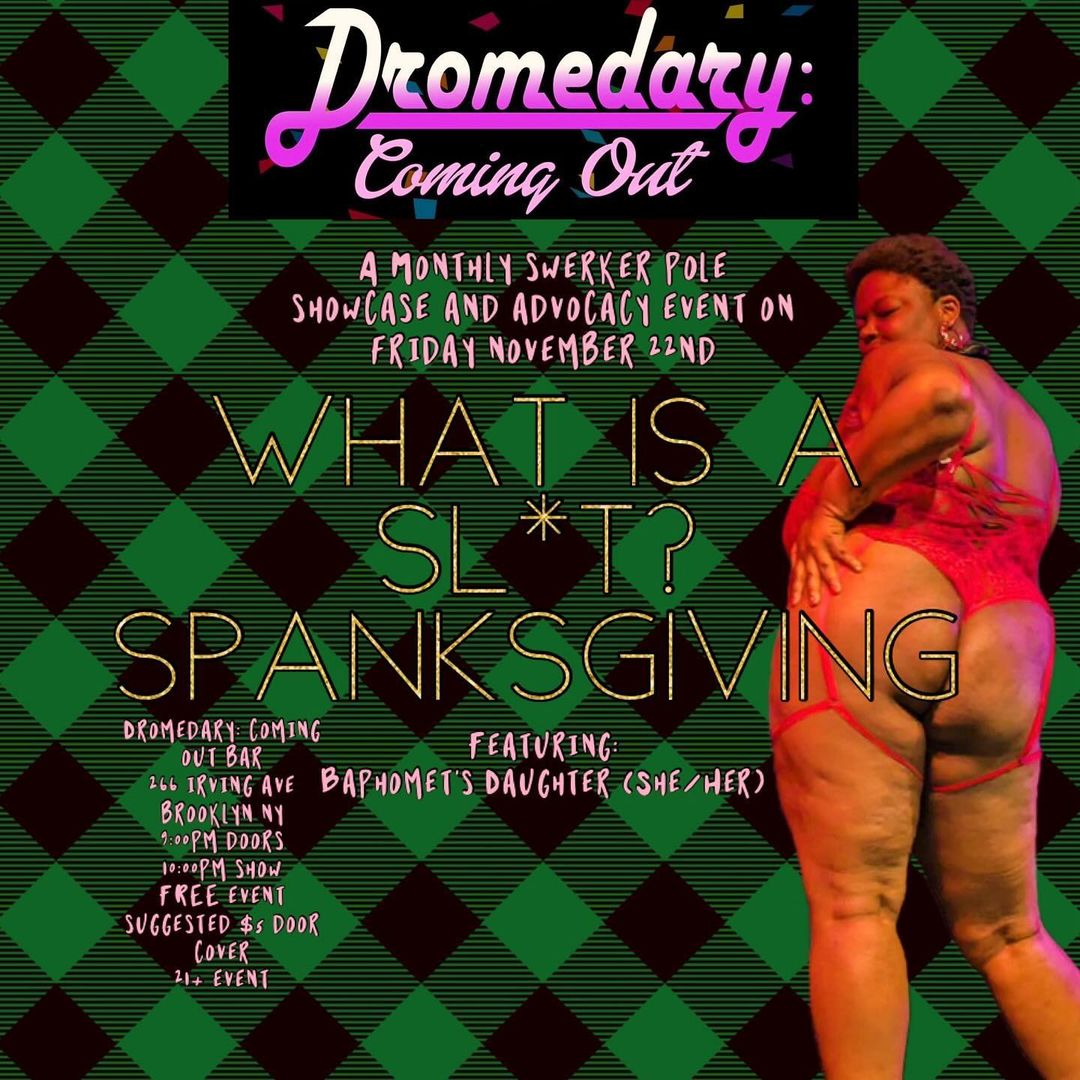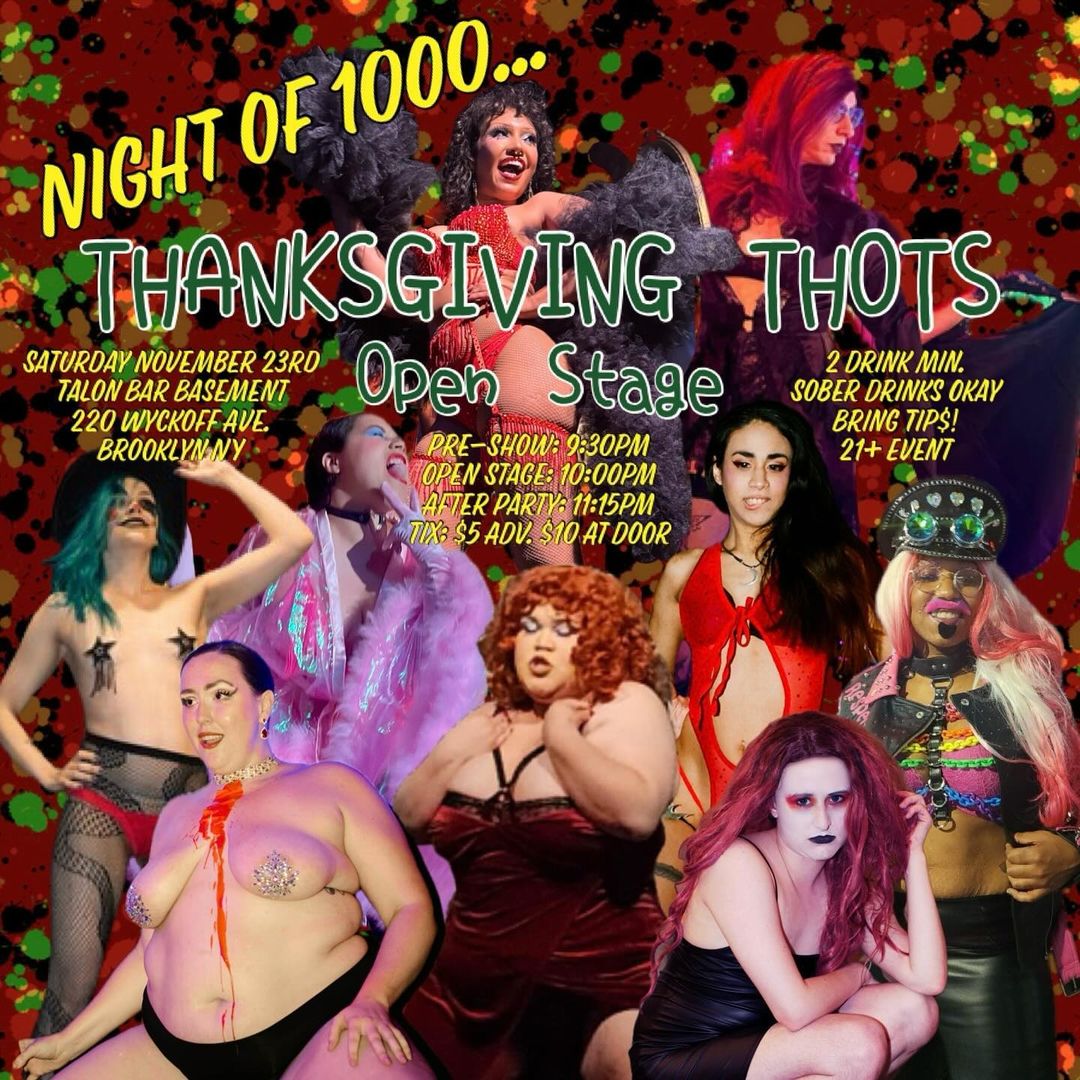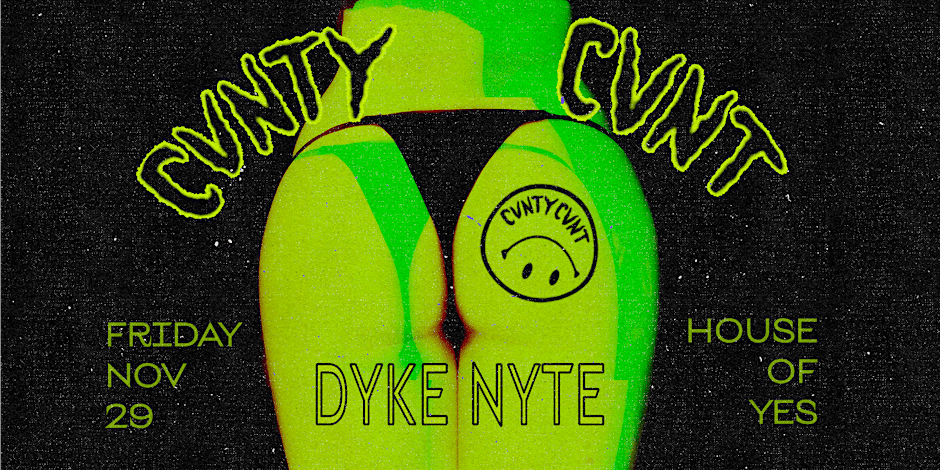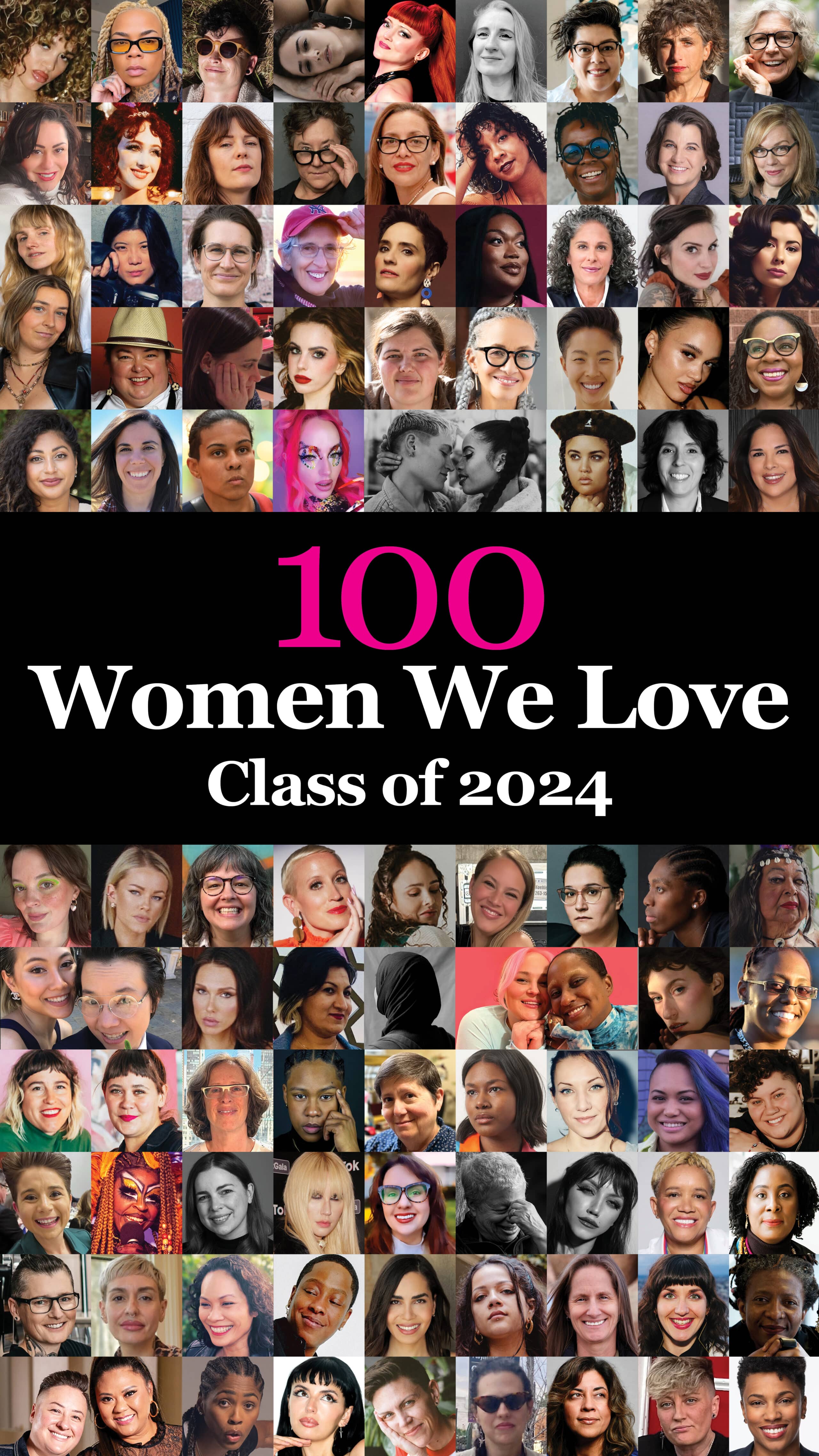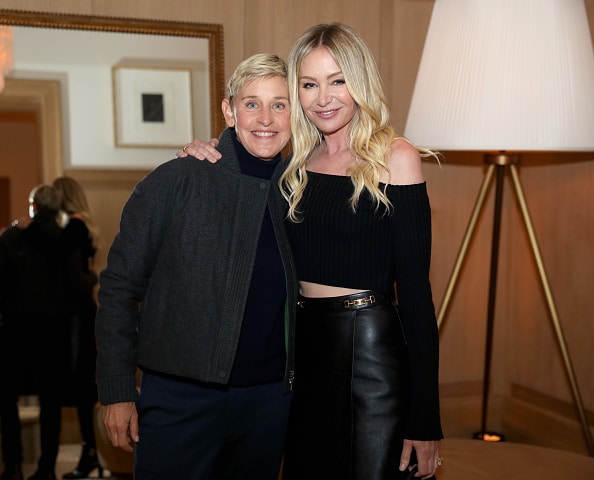It’s impossible not to love a poetry collection with titles like “Community Theater,” “The World’s Smallest Pride Parade,” and my personal favorite, “The Only Girl Out at My High School” (“Her pants/were wide and bedazzled/with chains. She had a lip ring./ Wore a rainbow of bracelets/stacked to her elbow.”). Caroline Earleywine’s second book, I Now Pronounce You, is a treat for newbies and aficionados alike: a beautifully nuanced collection of poems about the traditions that shape us—and how we break free to form our own. GO spoke with the Arkansas-based poet and former high school teacher about finding inspiration in unlikely spaces, reading her work aloud in public, and her coolest (and gayest) new hobby.

GO Magazine: Tell me about your new poetry collection, I Now Pronounce You.
Caroline Earleywine: My new collection is an untangling of traditions related to gender, marriage, sexuality, and family. A lot of it centers around my parents’ marriage and divorce, as well as my own marriage to my wife. A larger theme throughout the book is silence—the silences we inherit, the ways we hold those silences, the silences we break, and how we break them. This book was the breaking of a lot of silences for me—it’s definitely me at my most honest and vulnerable.
GO: How is your new collection different from your first poetry book, Lesbian Fashion Struggles?
CE: One big difference, of course, is that Lesbian Fashion Struggles was a chapbook, meaning a short collection, and I Now Pronounce You is my first full-length collection. The full-length book covers a lot more ground; I feel like it takes some of the themes in the chapbook and contextualizes them, tracing everything back to the source in my childhood. It’s a lot more about my family of origin.
There was room for a lot of play in the writing of Lesbian Fashion Struggles. It centered a lot around my coming out and really felt like one big Pride Parade. There is still some of that in I Now Pronounce You, but overall I’d say the tone is a bit more serious. And I think that with I Now Pronounce You, there is a very clear healing journey that happens. The opening poem and ending poem were written ten years apart, and I think the growth is evident.
GO: How has your queer identity affected your writing?
CE: I appreciate how writing is a place where I can really take up space as a queer person. As a femme-presenting person who came out later in life, I felt a bit like an imposter at first. Writing was a place where I could really be out and loud in my queerness.
That was not always the case; I can remember being complimented by a well-meaning peer who noticed that I didn’t really write about my queerness. There was definitely some messaging there about being a “good gay” who didn’t “make it their whole personality.” That actually was the catalyst to my chapbook Lesbian Fashion Struggles—it forced me to interrogate why I wasn’t writing much about it, and made me want to write the loudest, gayest poems I could.
GO: How did you get into poetry? You spent ten years teaching high school English in central Arkansas, before earning your MFA and publishing your first book in 2020. What led you to pursue a writing career?
CE: I always wanted to pursue writing, and poetry in particular always interested me. I was the kid writing lyrics and poems in the margins of my notebooks during school. I didn’t have a lot of ways to express myself, and poetry was always a place where I could process my feelings. I really like working within the compactness of a poem—seeing how large you can make a small poem feel is exhilarating.
I actually thought about applying to get my MFA right after undergrad, but I didn’t because I knew it was so selective and didn’t feel like I had a good chance of getting accepted. I’m glad now that I waited a bit—I think I needed some more life experience before I was ready to really find what I wanted to write about. Doing a low-residency program that allowed me to continue teaching full-time ended up working well for me.
While I was teaching high school, I got to teach a creative writing class. That was a beautiful way to stay engaged and active as a writer; I loved being able to witness students find their voices through writing, and then help them make that writing stronger and clearer. I miss that aspect of teaching, but I wouldn’t say that I have regrets about leaving the classroom. I don’t think this book would exist if I hadn’t walked away from teaching. There just wasn’t enough space for me to pursue writing with the kind of attention and passion that I wanted while I was struggling in a system that demanded too much and was constantly attacking my community. Being an out, queer teacher in Arkansas is probably the most important thing I ever did. I can hold that truth, as well as the truth that it wasn’t sustainable for me. My job now as a curriculum writer allows a lot more space for me to work on writing projects, like a poetry book.
GO: What specifically inspired the poems in I Now Pronounce You? What was the writing process like?
CE: Like I mentioned, the opening poem is one I wrote ten years ago. It didn’t belong in the chapbook I wrote, so I returned to it while writing this book and realized it was a wound I hadn’t healed. Writing the book (and let’s be honest, therapy) took me on a journey of healing it.
A big part of the collection is what I came to call “partner poems,” which are poems that have the same title but take on the topic from a different perspective. This was a process that happened so organically. I kept discovering poems that needed a “partner poem” and new ways to tackle them, and that always felt exciting. I think it allowed me to write a more nuanced truth and really challenged the binary thinking we often have. I can write about hard moments from my childhood where my parents weren’t able to be there for me, and also write about the times they were able to be there for me. I can write about my fears and anxiety when my wife came out as nonbinary and started to transition, and also write about the joy of witnessing someone you love be their truest self. There is room for all of it. Another big piece of those partner poems was the series of title poems; there are actually three poems in the book called I Now Pronounce You, and that really helped me zero in on the main themes of the book. It also made the title of the book feel more earned and impactful.
GO: The ins and outs of having your writing published are often a big mystery for those not in the know. What has your experience been like working with editors, publications, and publishers?
CE: As any writer would tell you, I’ve had a lot more rejection than success. For poetry books, it’s typically a book contest that leads to publication. Write Bloody Publishing was a dream publisher of mine, and this was actually my third time entering their book contest. I’d been a finalist before as well as gotten an honorable mention. At the time, it was difficult to be rejected, but I’m so happy that I was because the book needed more time to become what it ultimately became. When I won, I felt ready. I worked with an incredible editor, Sam Rose Preminger, who was as kind as they were thorough. And of course my experience with Sibling Rivalry Press with Lesbian Fashion Struggles was wonderful. Seth Pennington took the utmost care in editing my chapbook and walking me through the process. Overall, I’d say I’m very lucky to have worked with the editors and publishers that I have.
GO: You’re in the midst of several events and readings throughout Arkansas. Do you like reading your work in public? How do you prepare?
CE: The way I feel about reading my work in public is how Dorothy Parker described her feelings about writing: “I hate writing; I love having written.” It definitely feels vulnerable to stand up in front of a group of people and read my work, and I am usually pretty awkward about it. (Though hopefully it comes across as charming sometimes!) But the connections I make with people at readings are always special, and I love talking with people one-on-one afterwards. I’m always happy I did it, even if I’m nervous in the moment.
The way I prepare is just to plan everything out—I have a document that has all my poem times on it so I can put together a setlist that fits well within the time-frame. If I want to offer any context before reading a poem, I prepare that as well. I’ve found that if I don’t at least go over what I’ll say, I don’t feel as good about what I end up saying. I think that’s another reason I like poetry so much—it’s a chance to get every word exactly right. When I’m just talking off-the- cuff, I often get jumbled and messy, and I hate the feeling of not saying something very effectively.
GO: What are you working on now?
CE: As far as my writing goes, I am taking a much needed pause. I’m not a “write every day” kind of writer, and I find the breaks are when I get a chance to chew on new ideas and just live. I definitely have some ideas of future projects that I’m excited to get started on. I recently took a memoir class, so one of the projects I’m going to get into at some point will be some personal essays. I would love to someday turn them into a collection.
GO: What do you like to do when you’re not writing?
CE: I joined my local roller derby team about a year and a half ago, which has been both humbling and a lot of fun! My derby name is Sylvia Wrath—had to throw poetry in there somehow. I love the community I’ve found there. I also am in a queer book club that meets monthly, and that’s another community I love being part of.
Other than that, I’m pretty lowkey. I love a good night in with my wife and our dogs, whether we’re watching something or doing living-room karaoke. I like to play guitar, badly. I’m big on trying out hobbies and trying to embrace doing them badly, which of course is part of the process of learning anything new. I think as adults, we get a lot less permission to do that.
GO: Any advice for aspiring poets?
CE: Make sure that you aren’t relying on external validation to keep you afloat as a writer. It needs to be something that sustains you from within, something that you feel inspired and passionate about doing even if no one is watching. Once you start focusing too much on any idea of outward success as a writer, the writing will suffer. That being said, I’d also say find your writing community! Go to conferences and take online classes. Reach out to writers you meet there and try to form friendships. It’s hard, because most writers tend to be introverted and awkward. (Or maybe that’s just me?) But it’s so worth it to have friends who share the same passion you do, who you can learn from and lean on.
Order “I Now Pronounce You” here, or for more about Caroline, visit her website.


